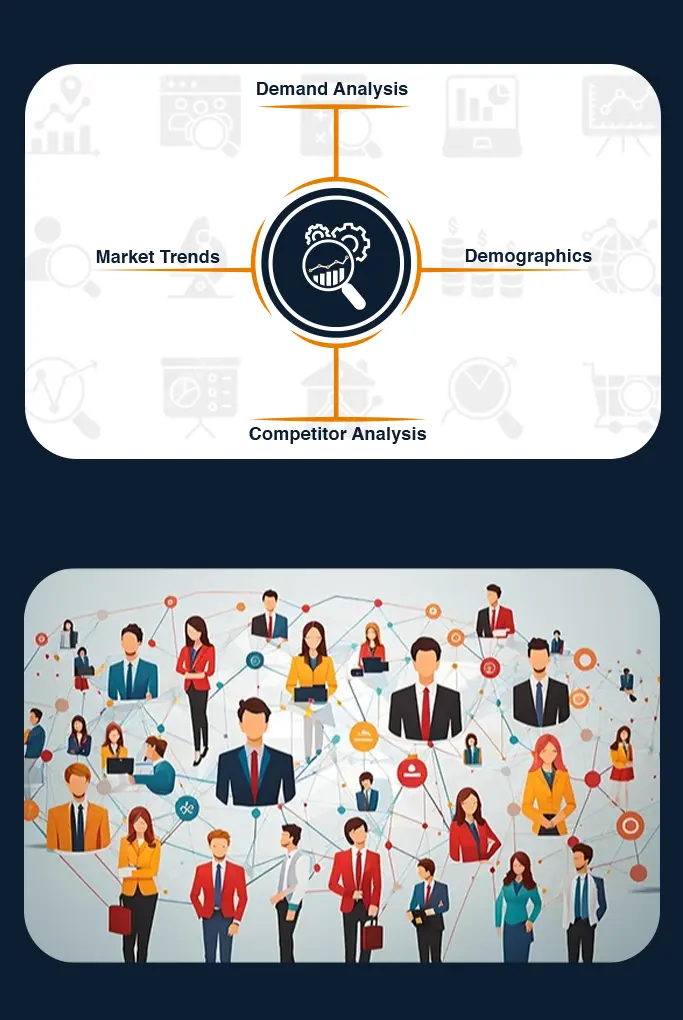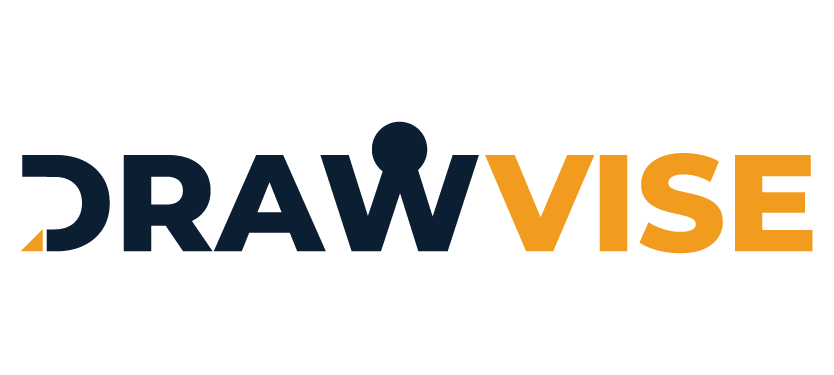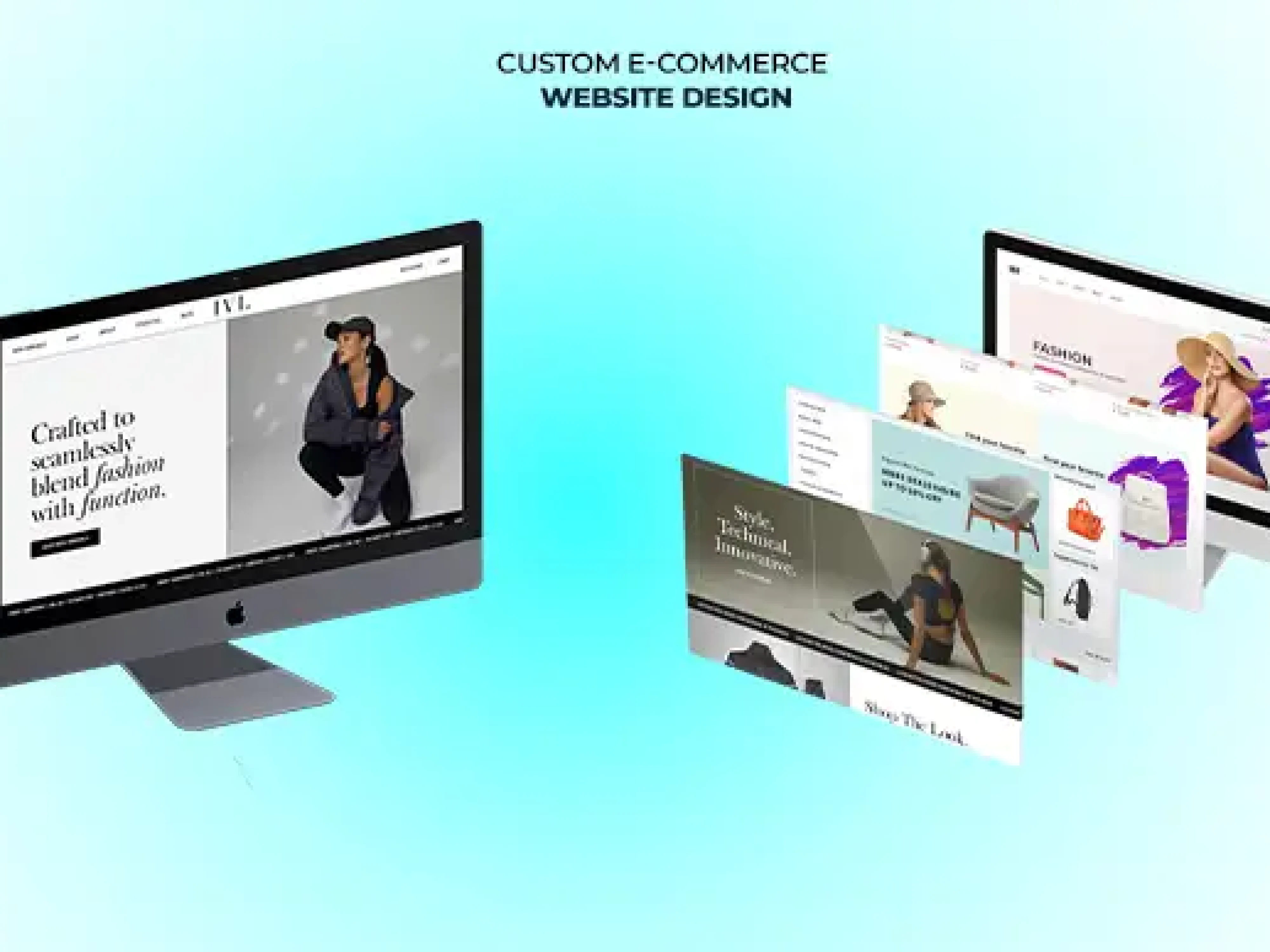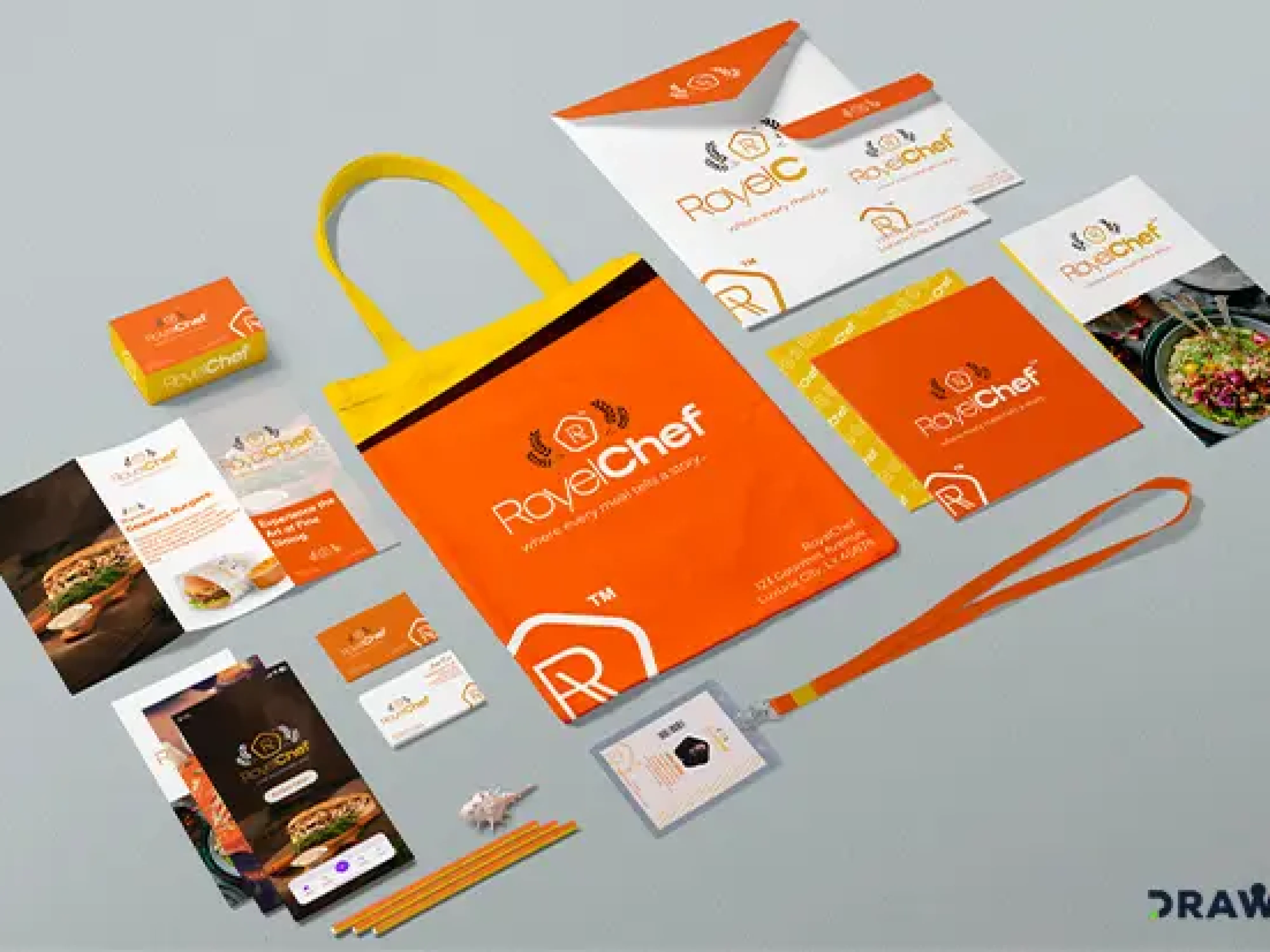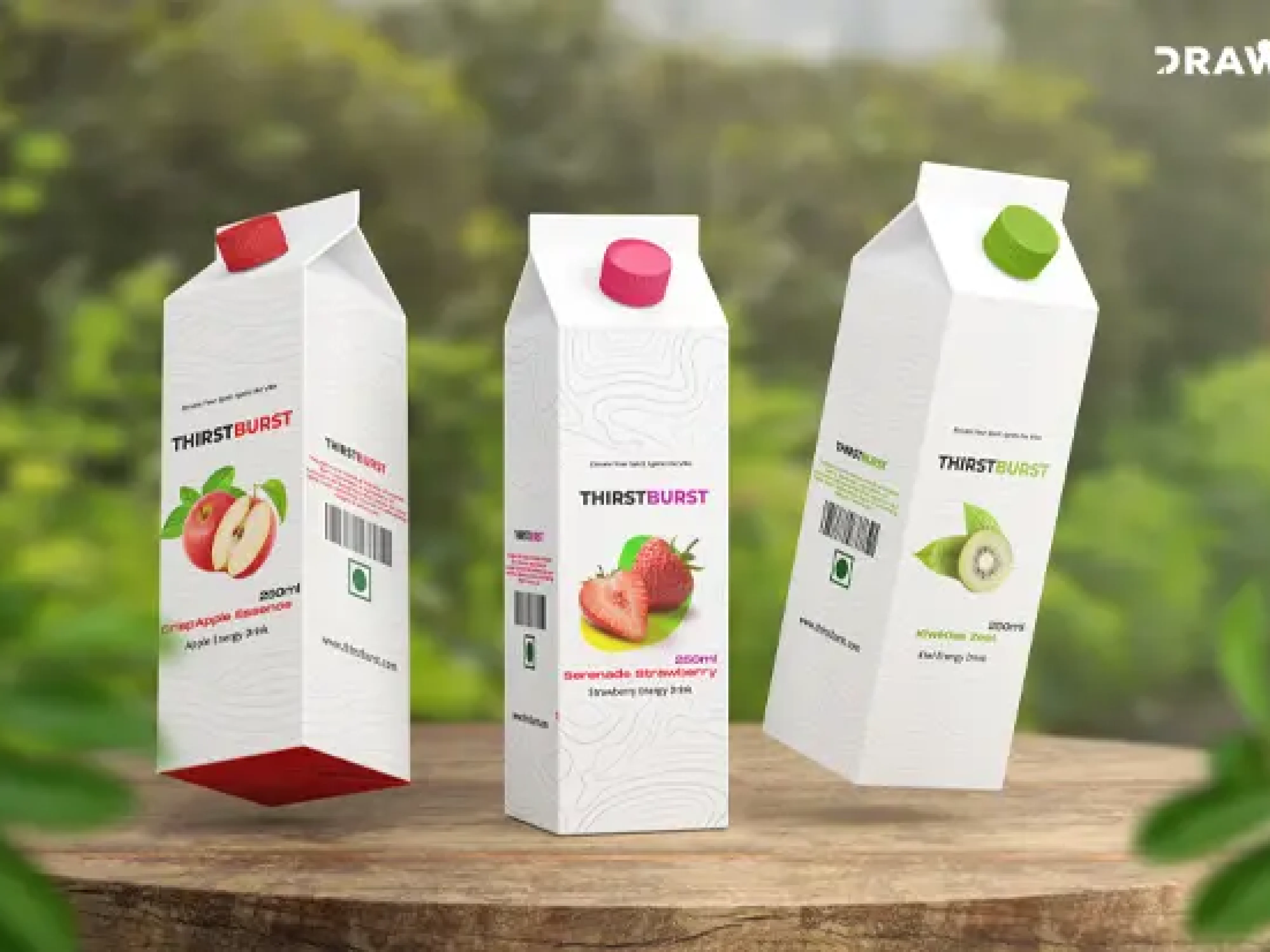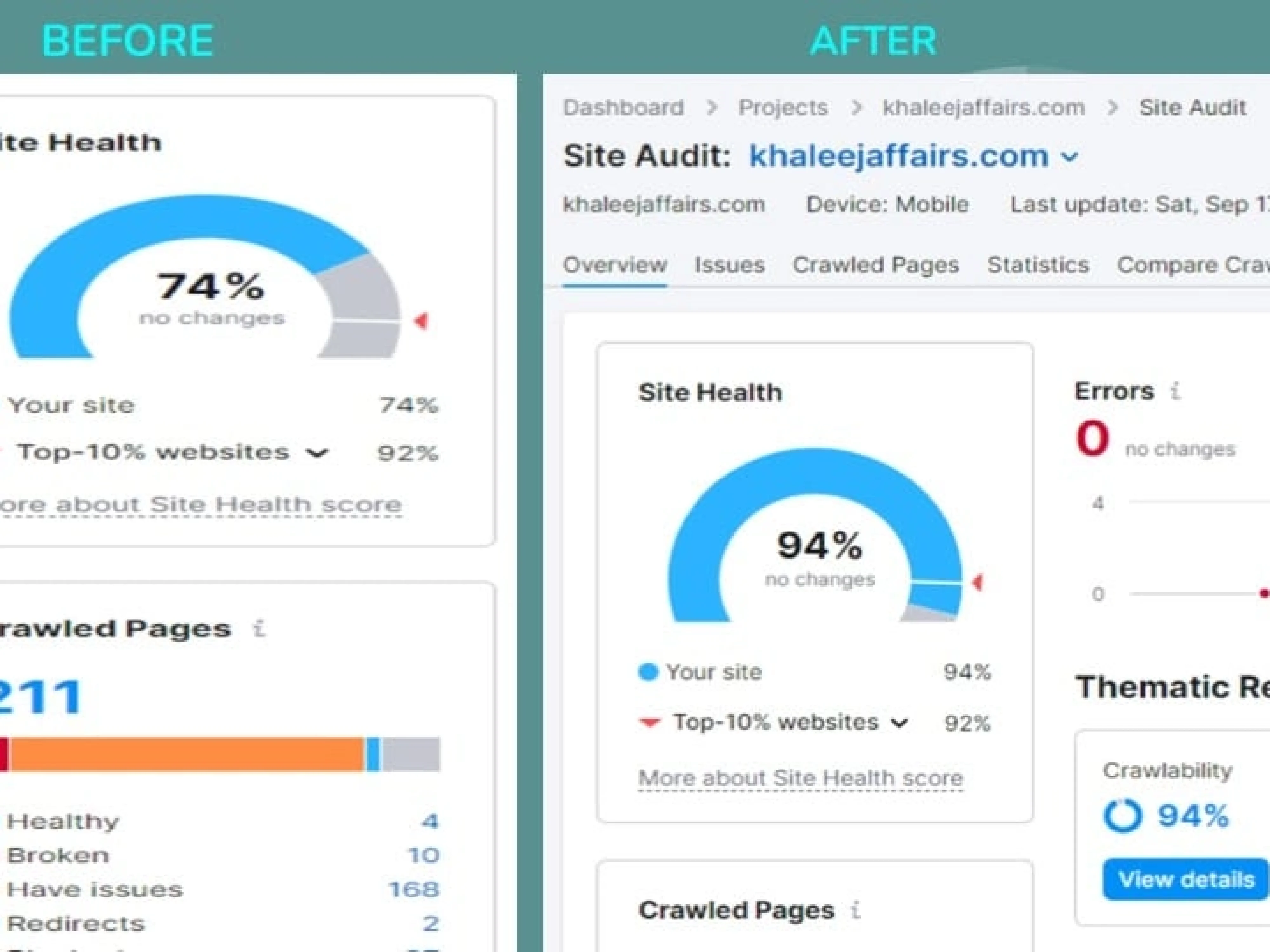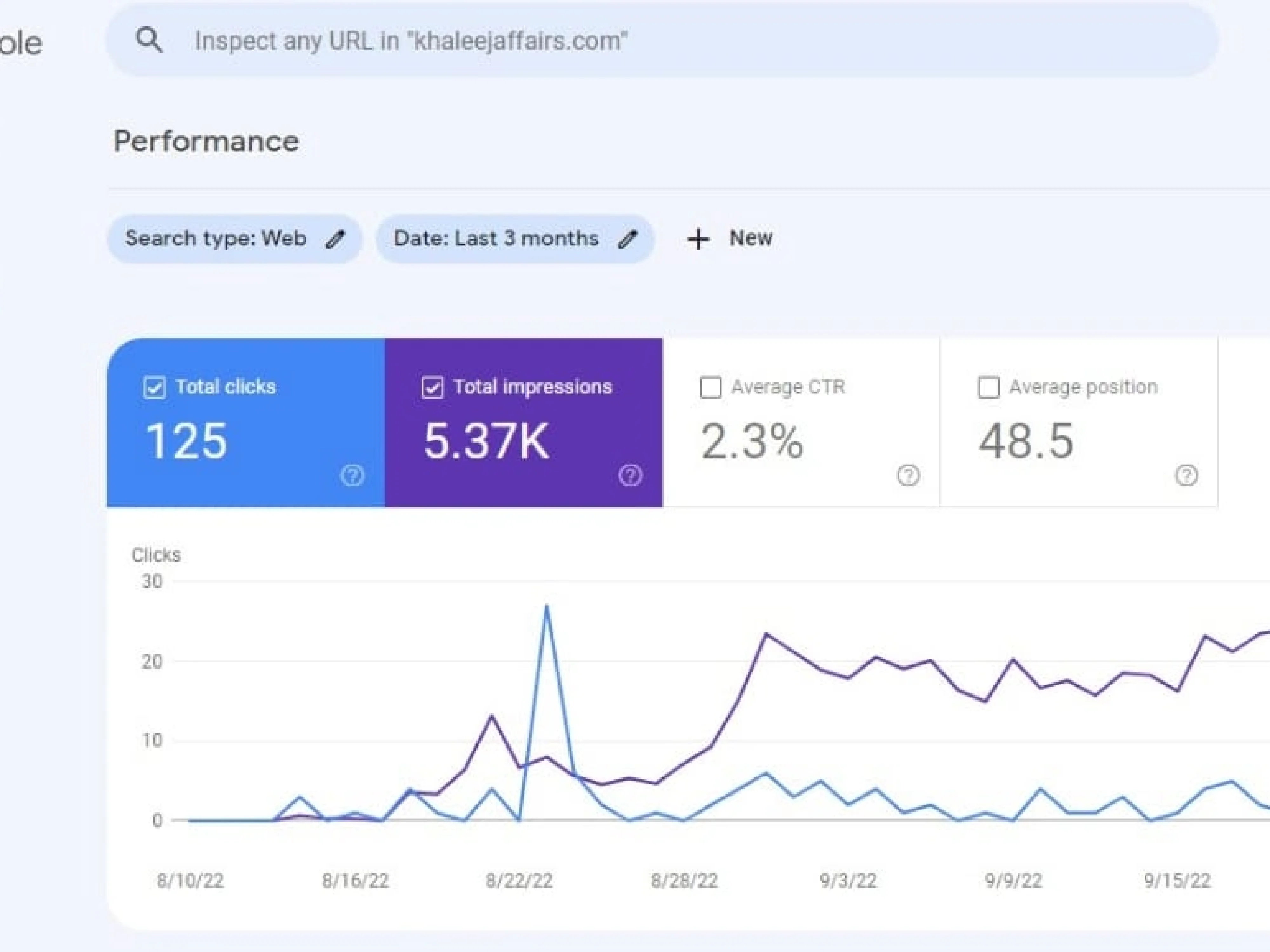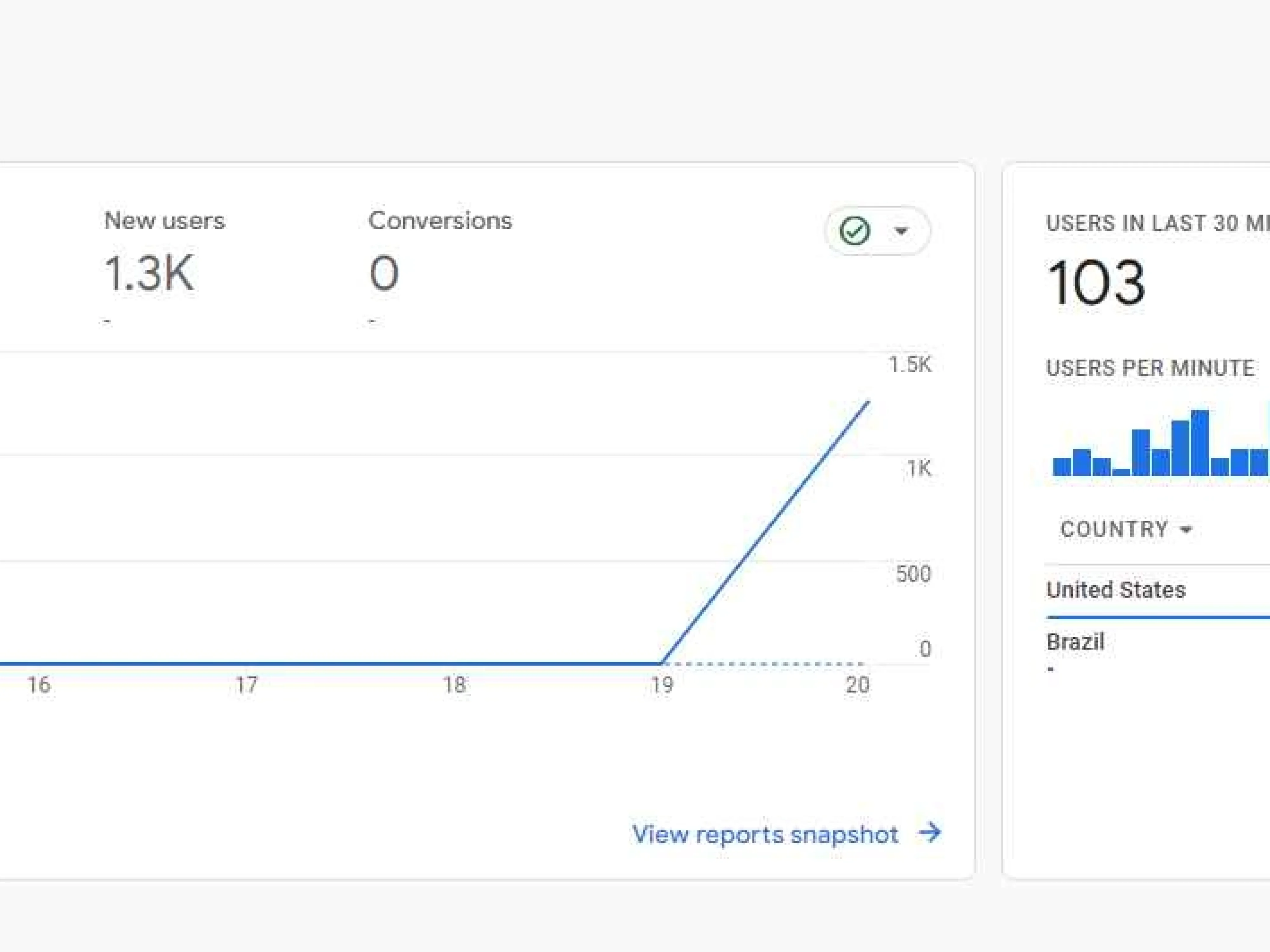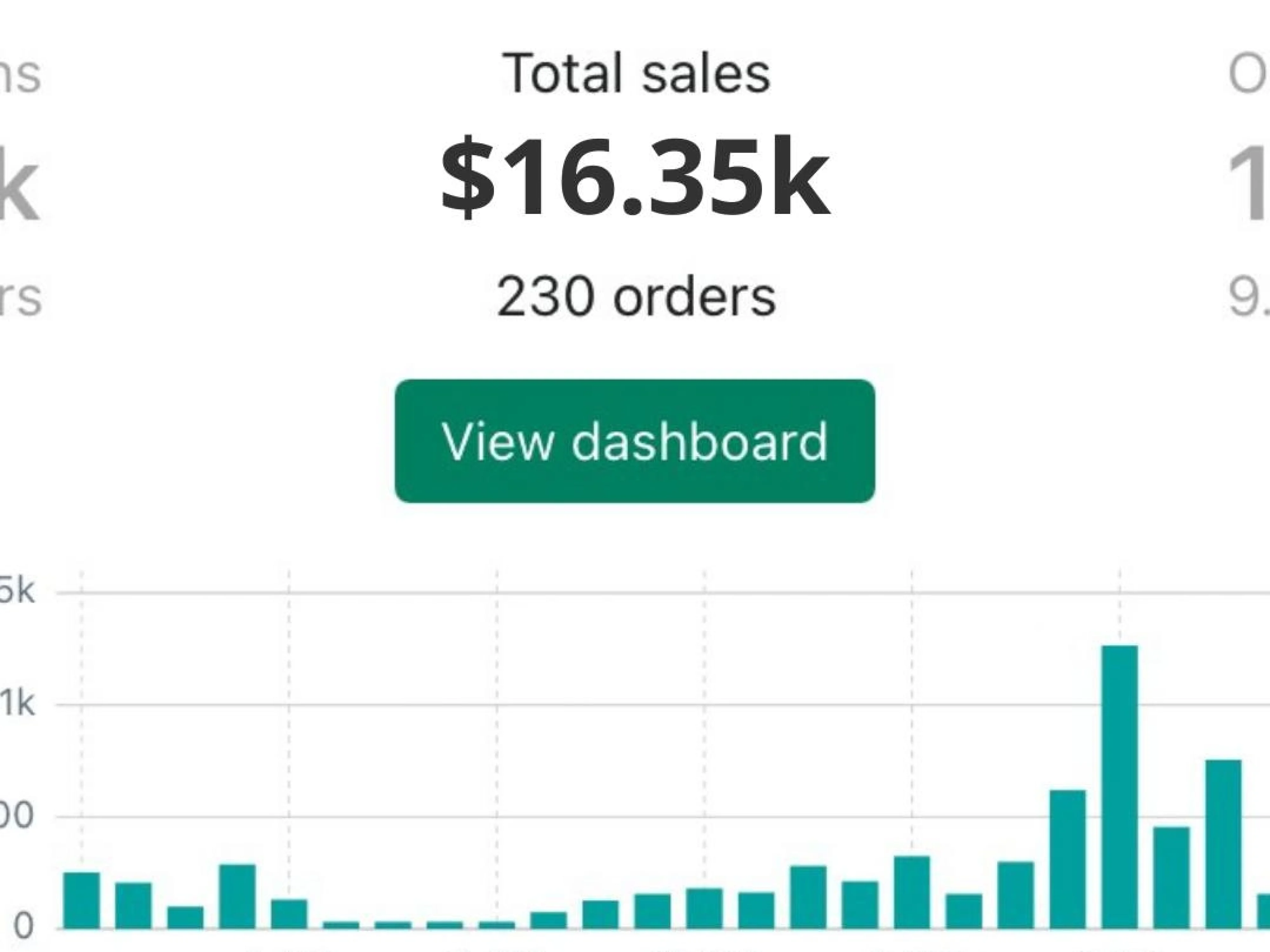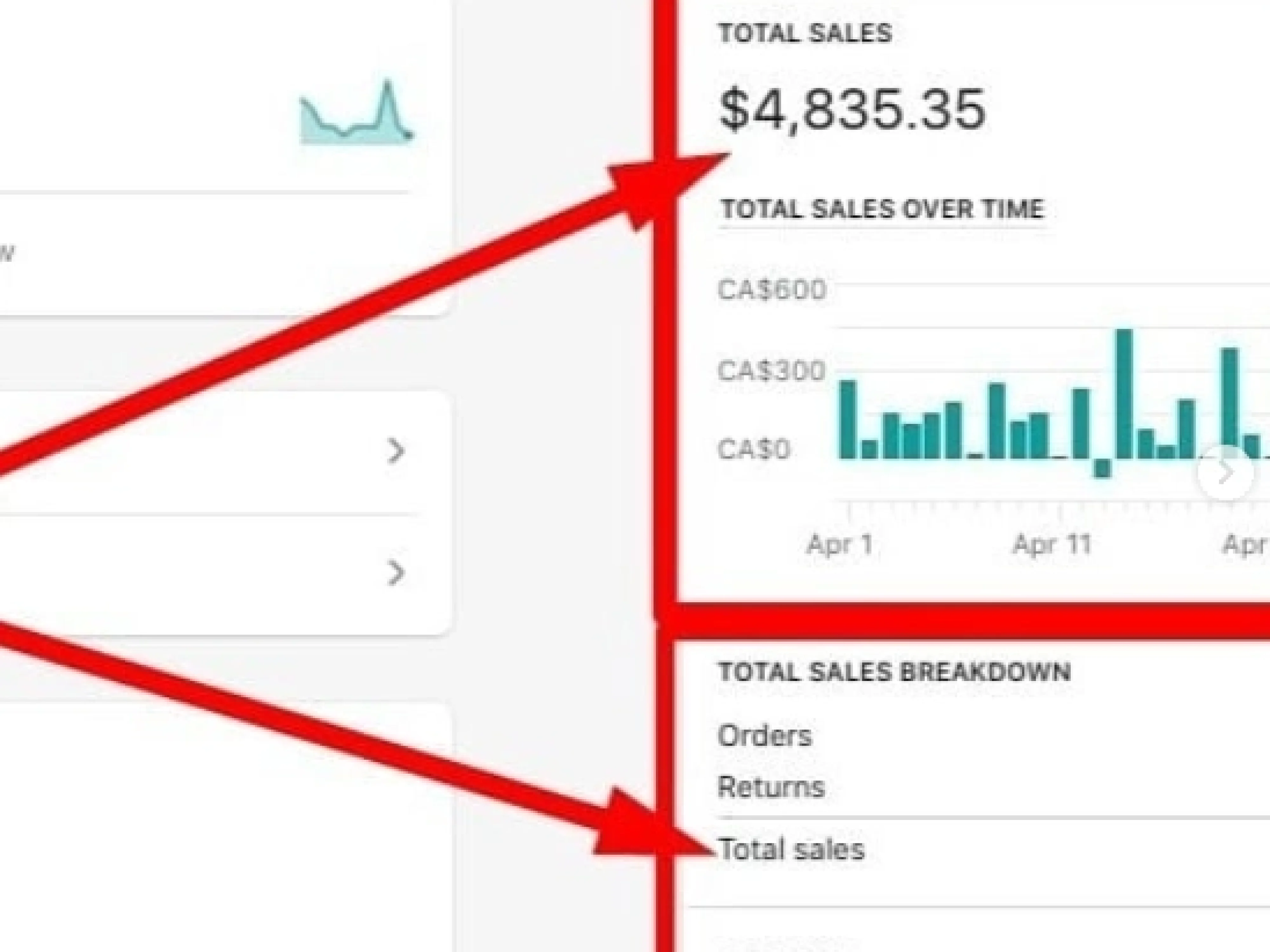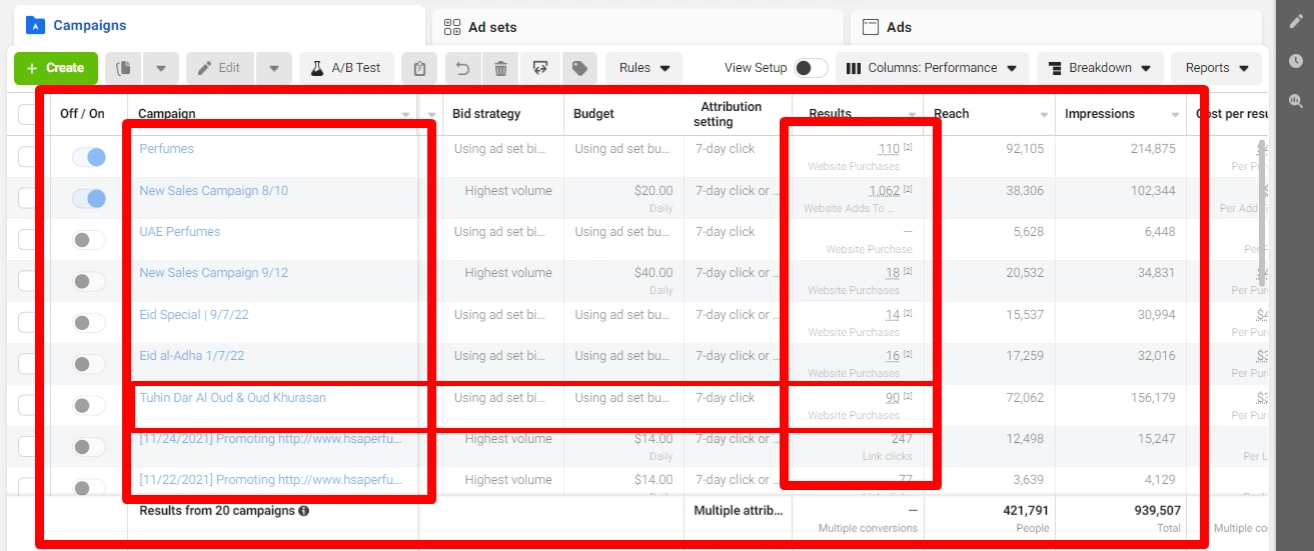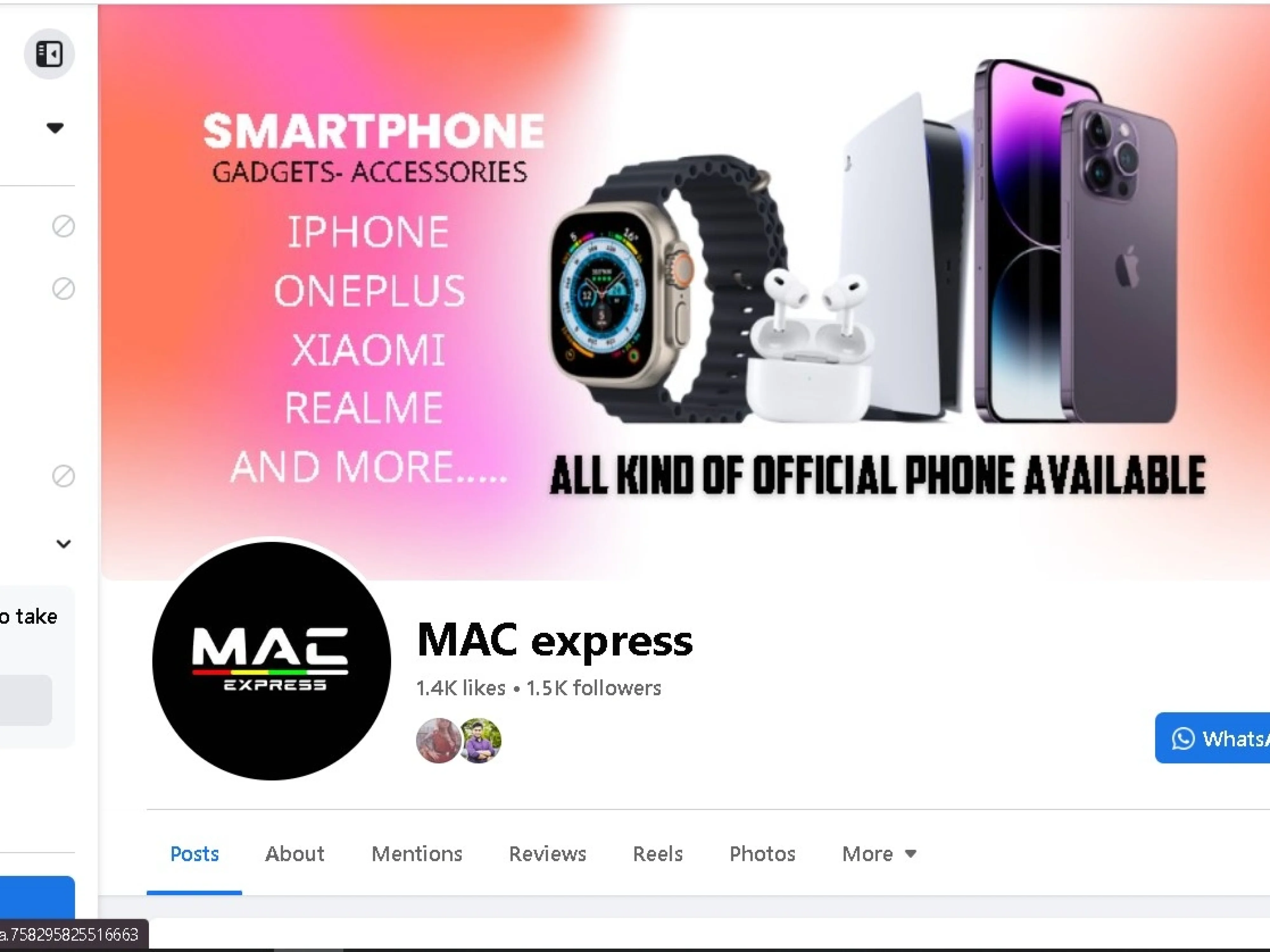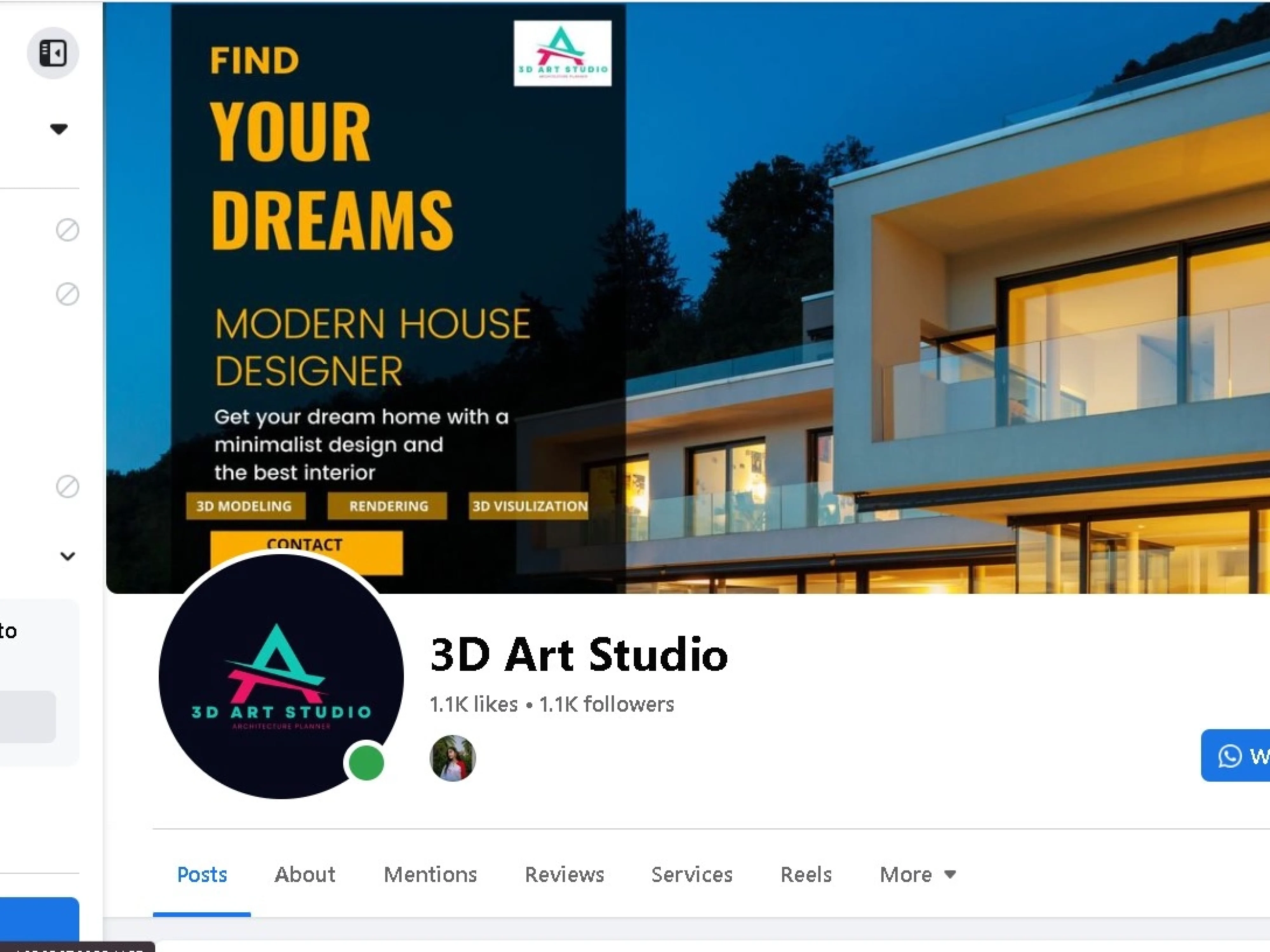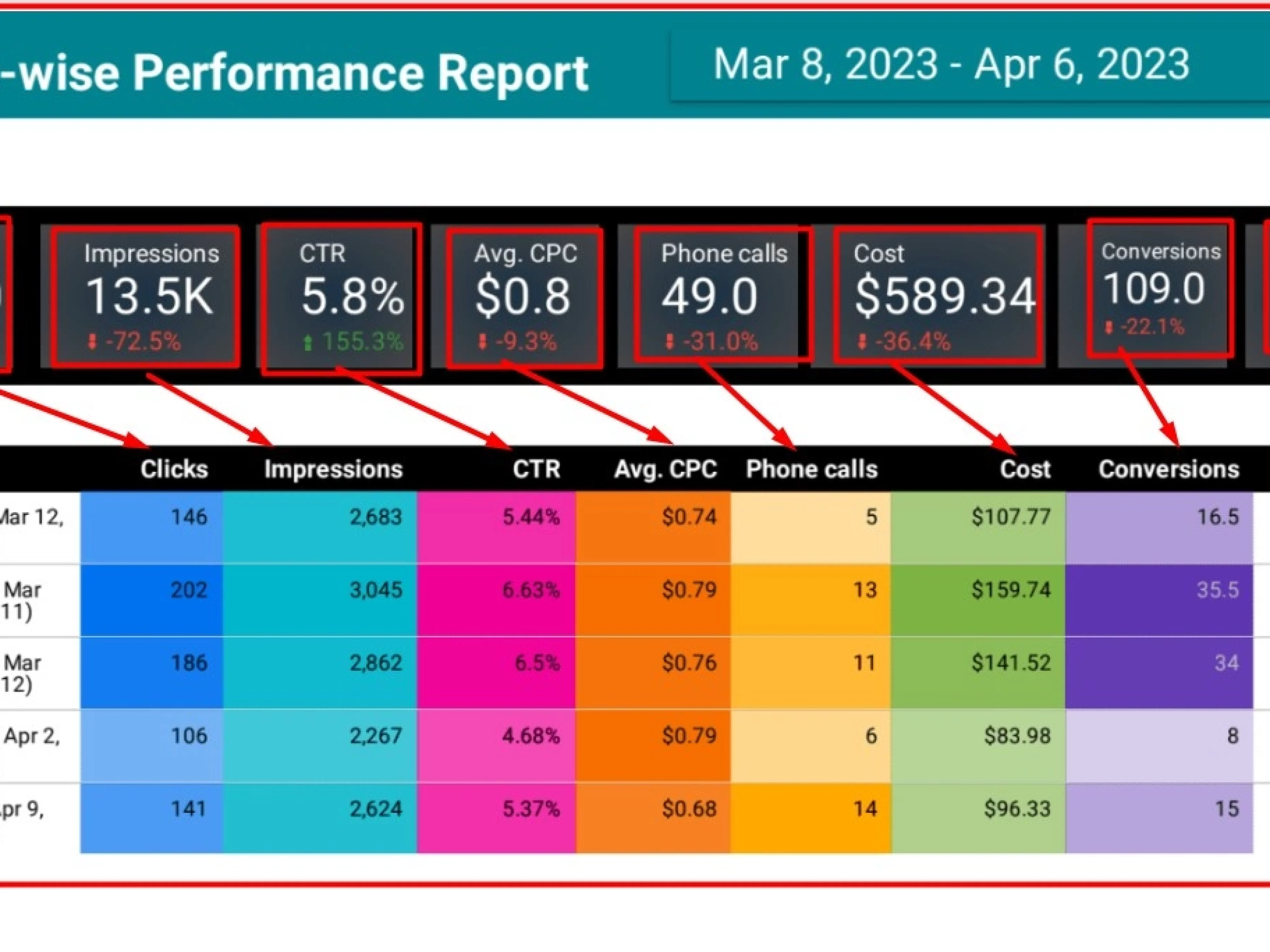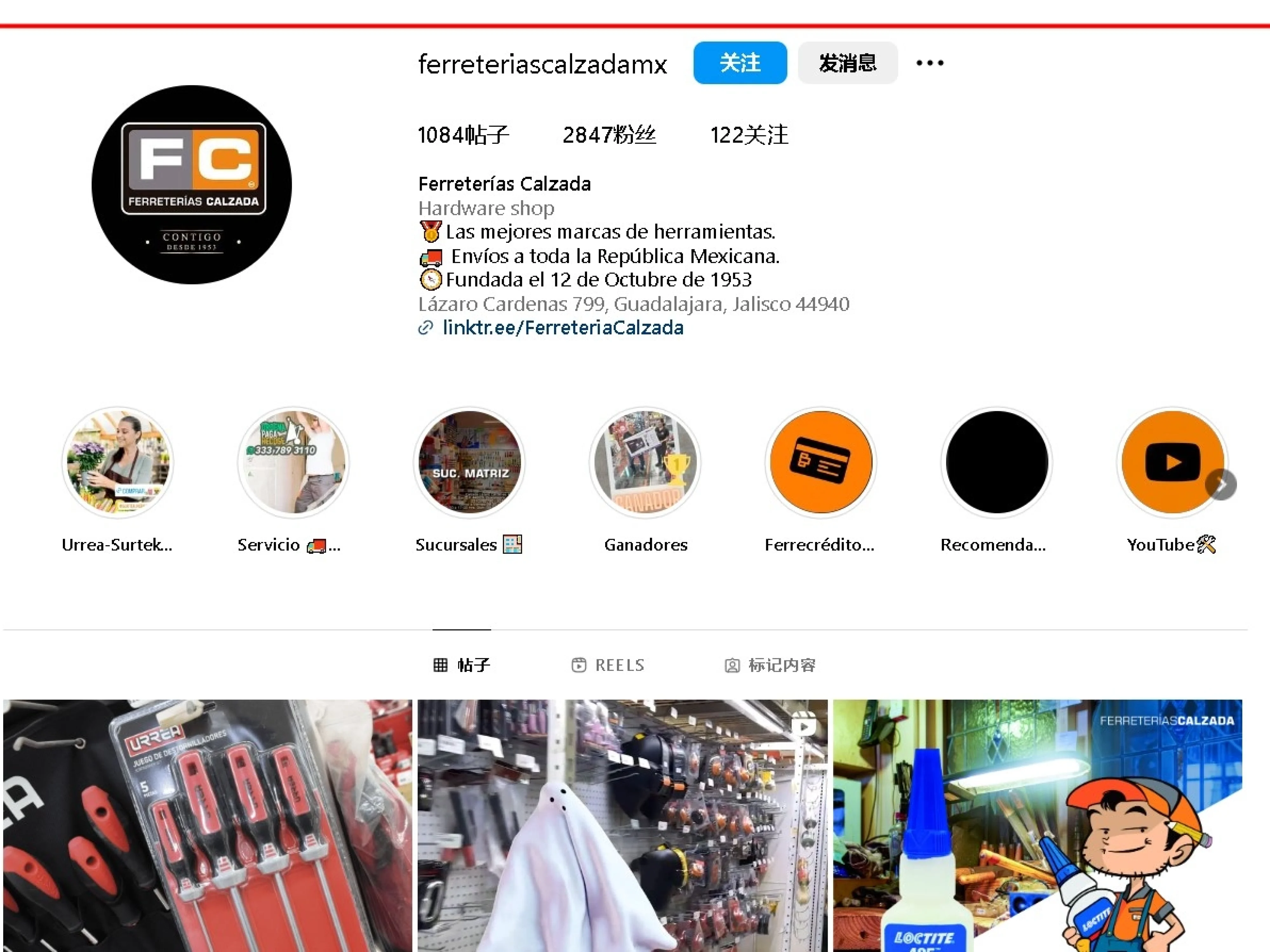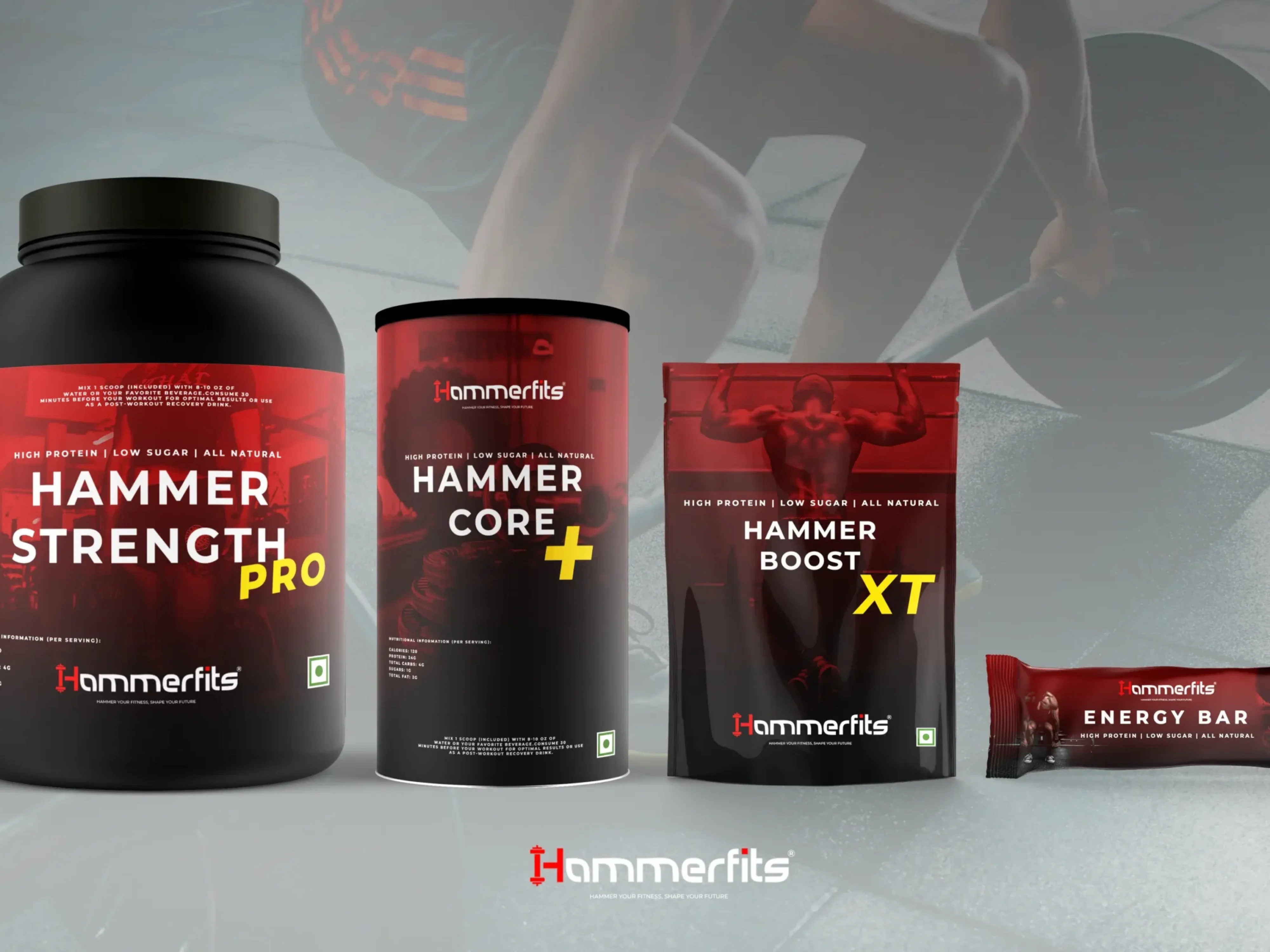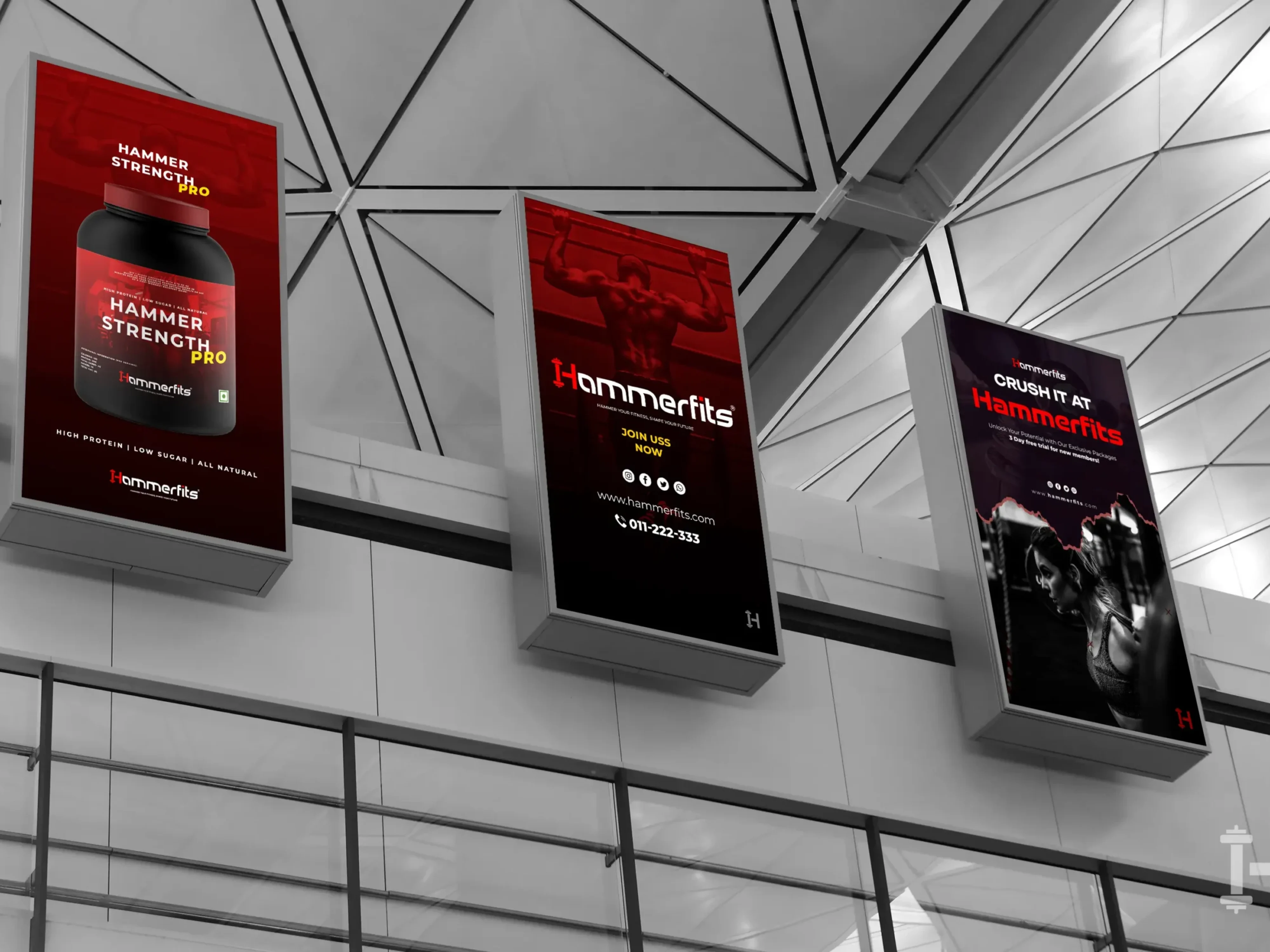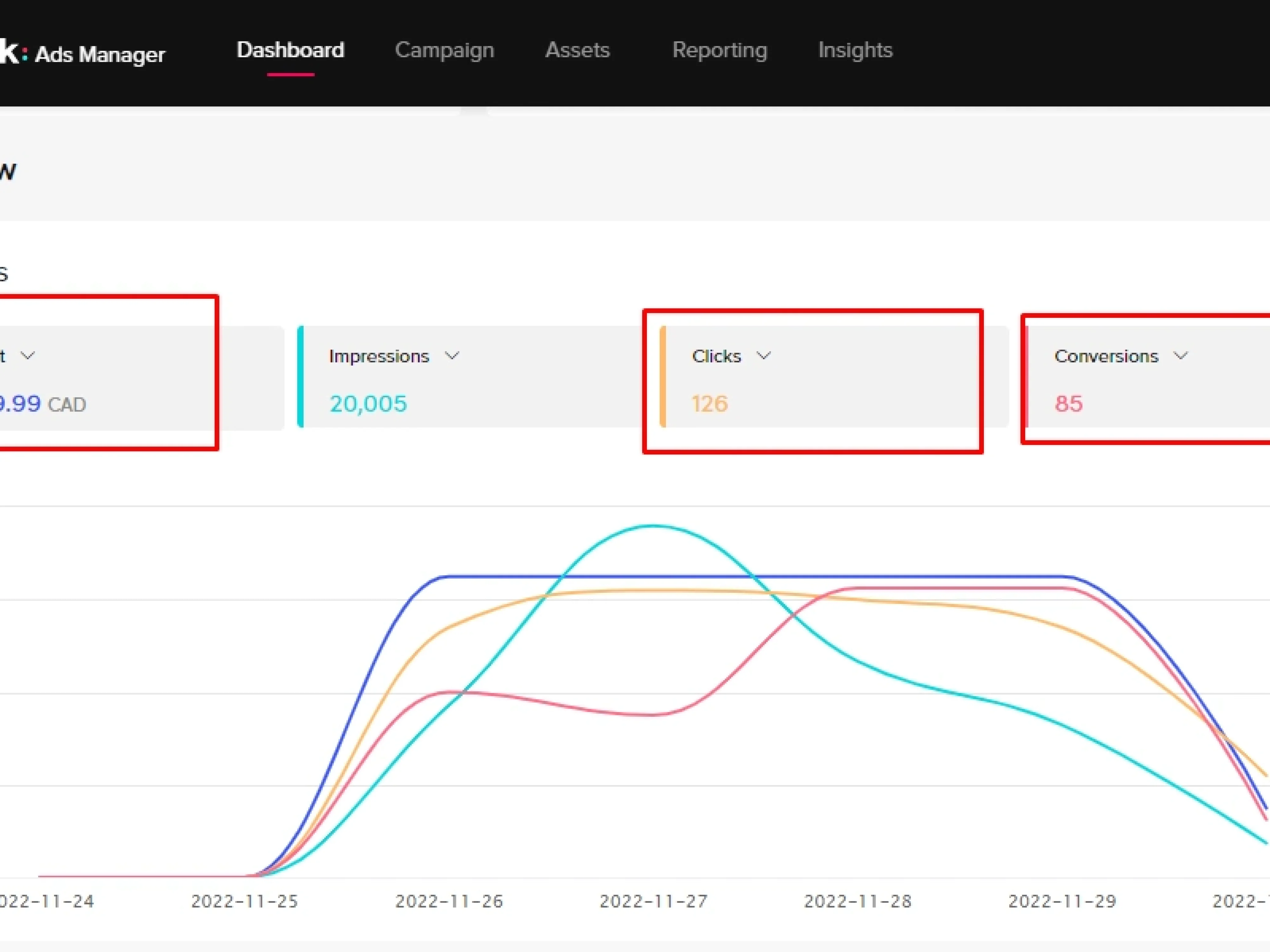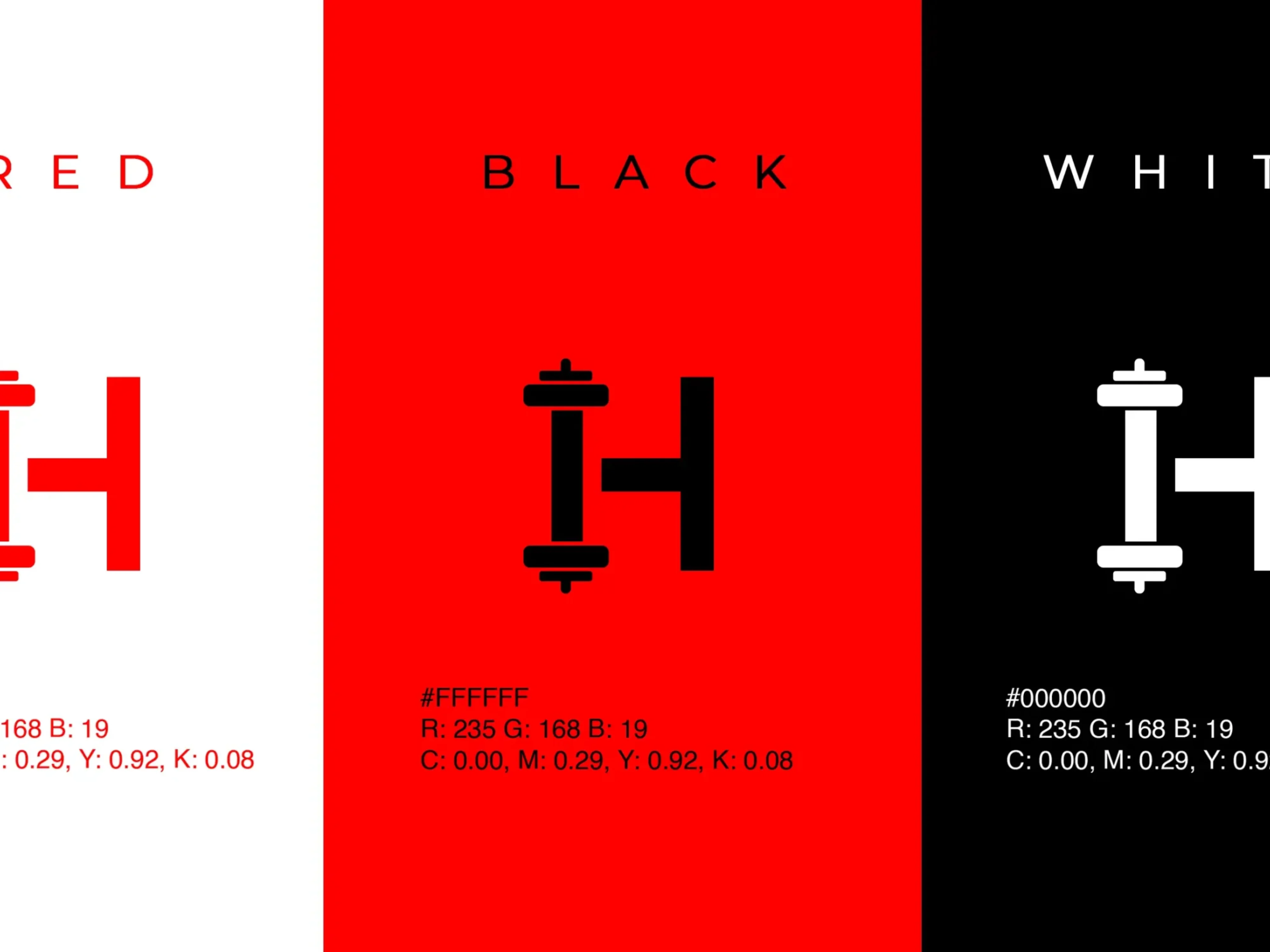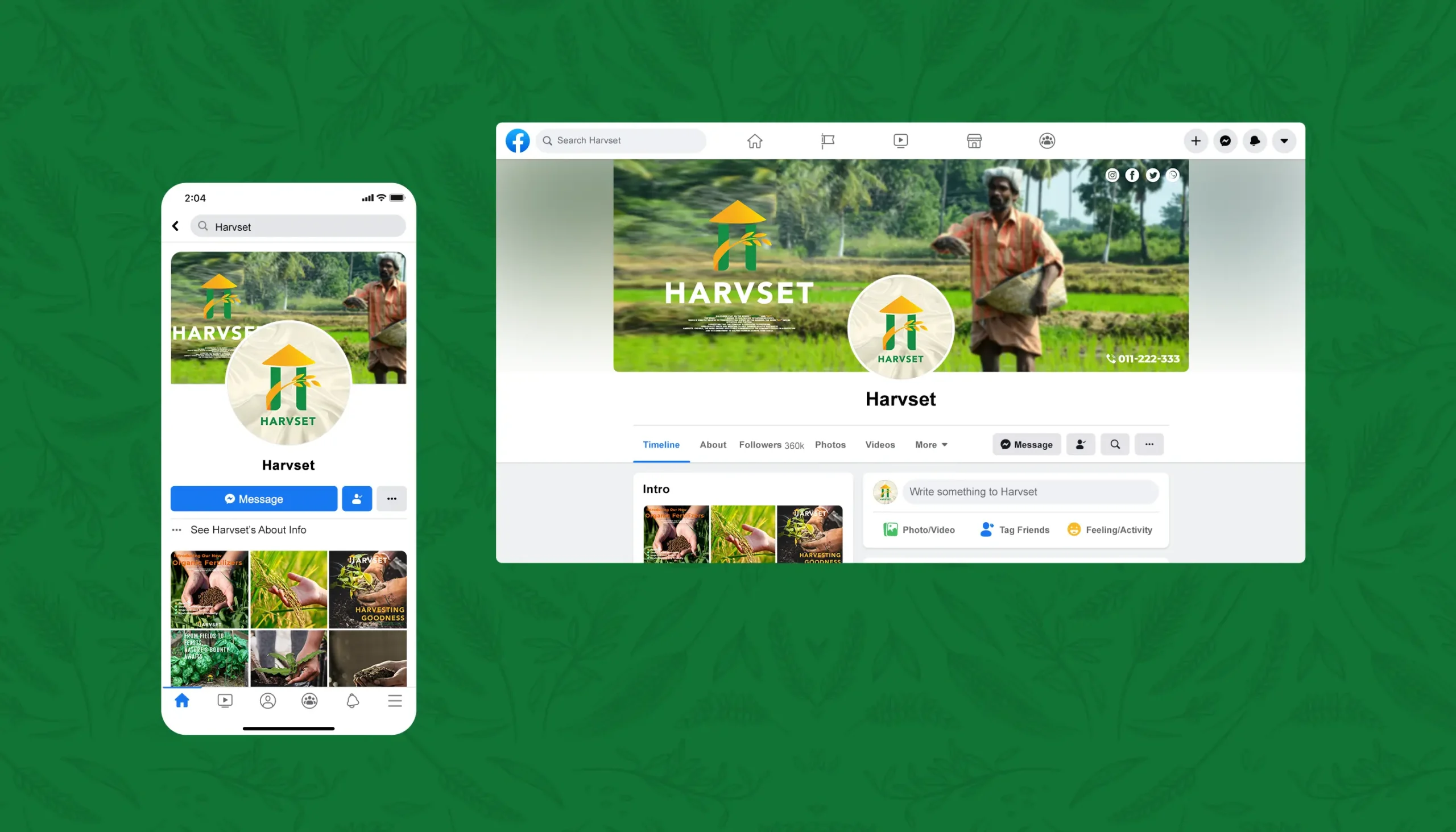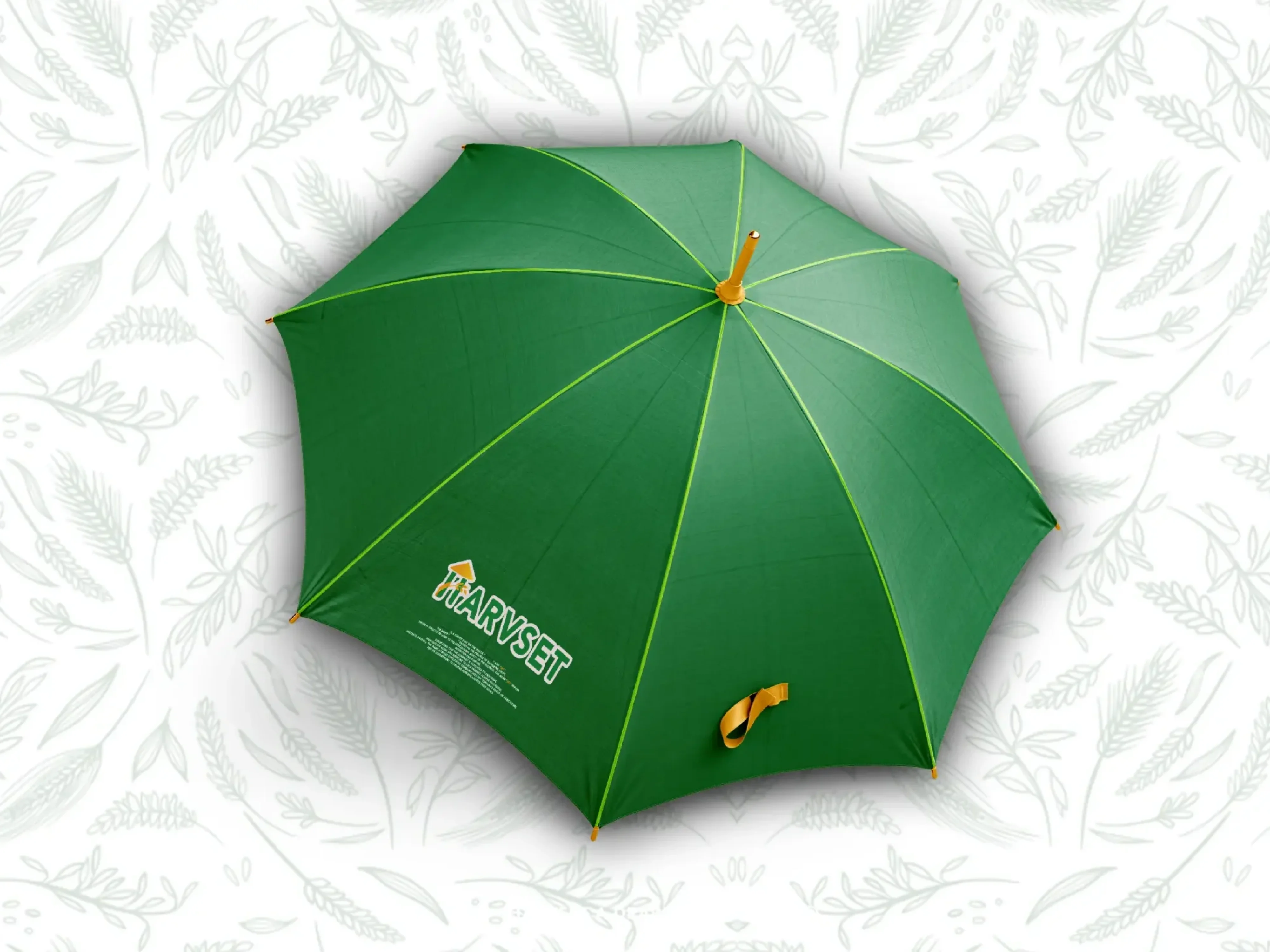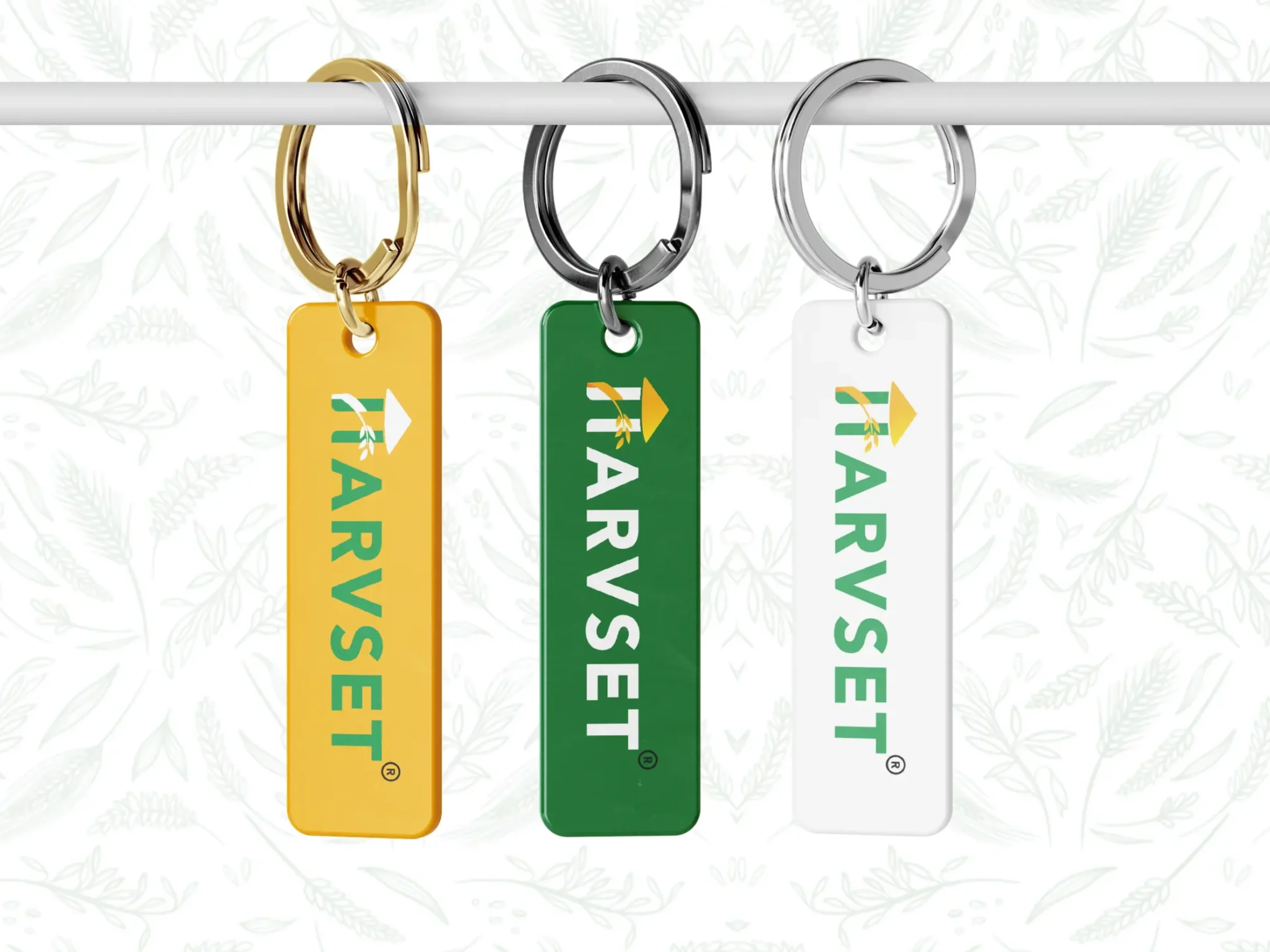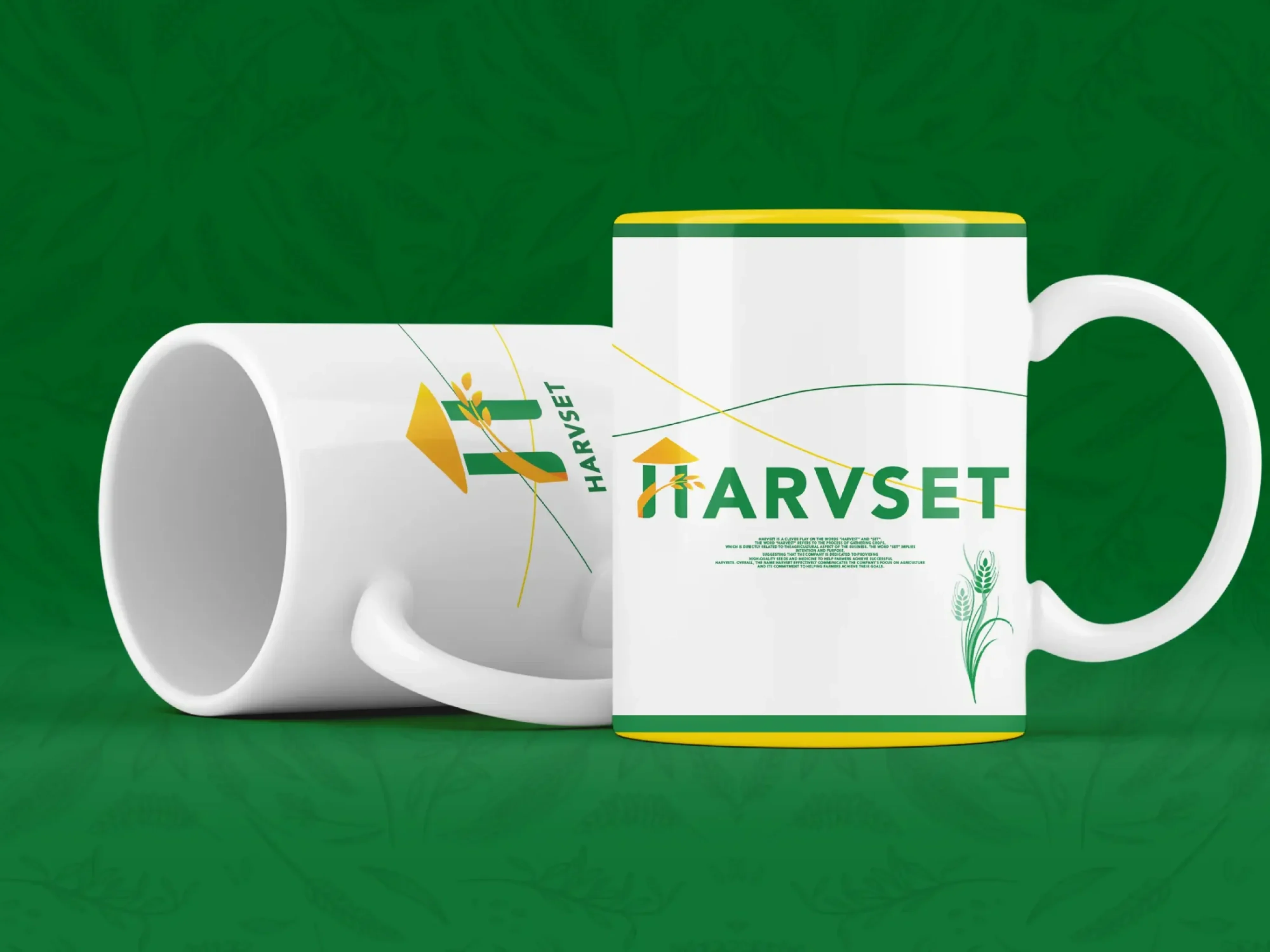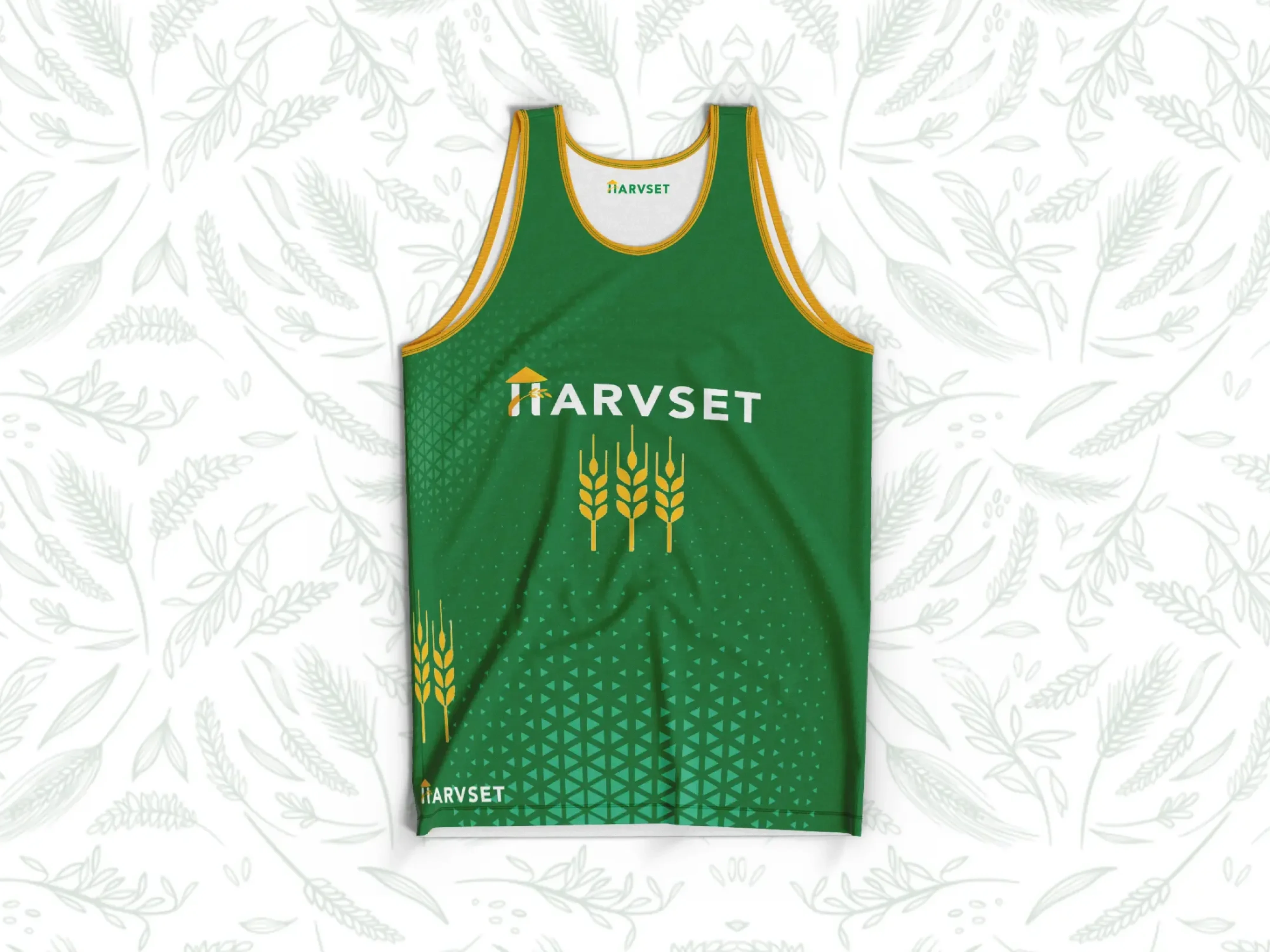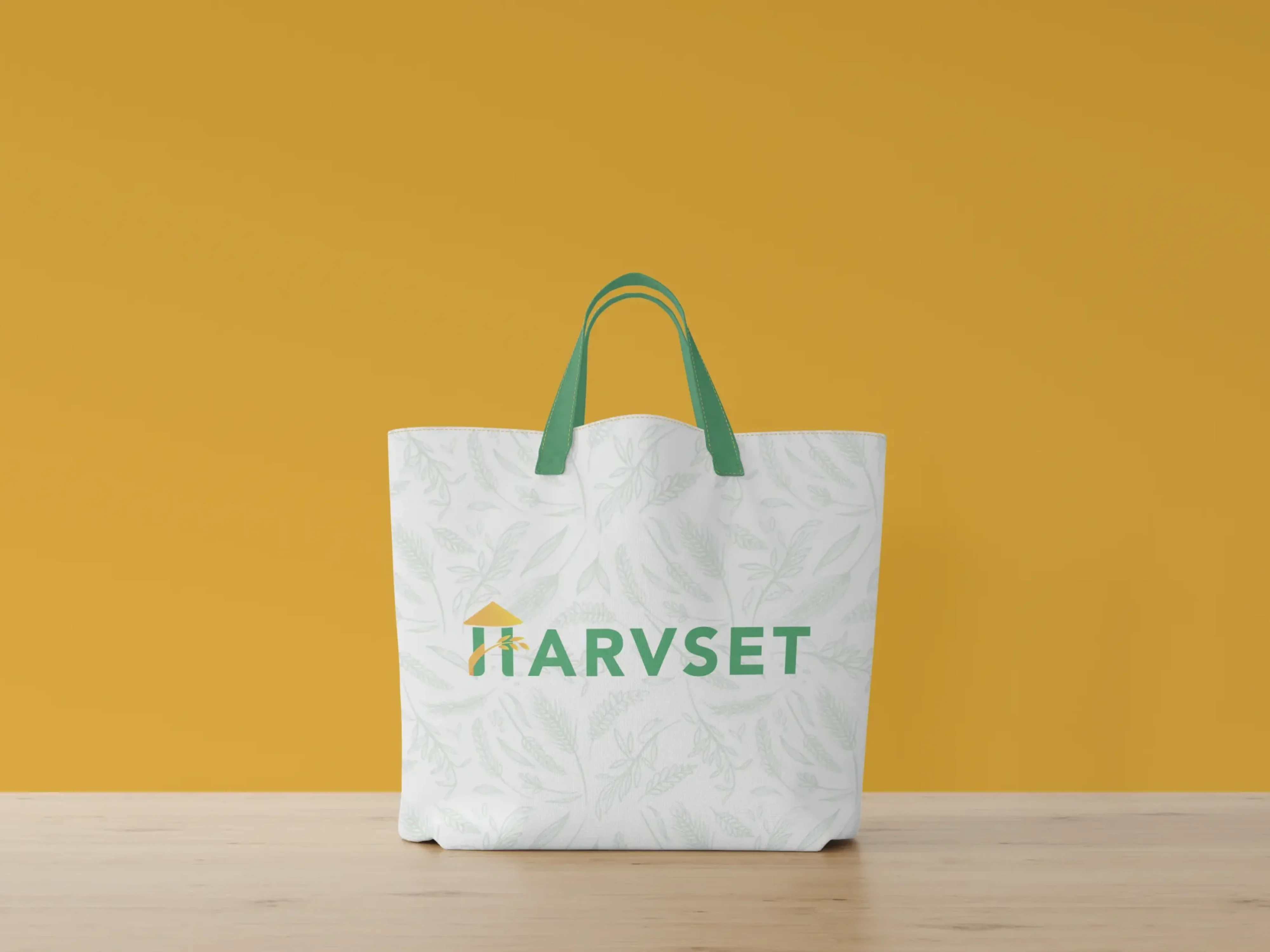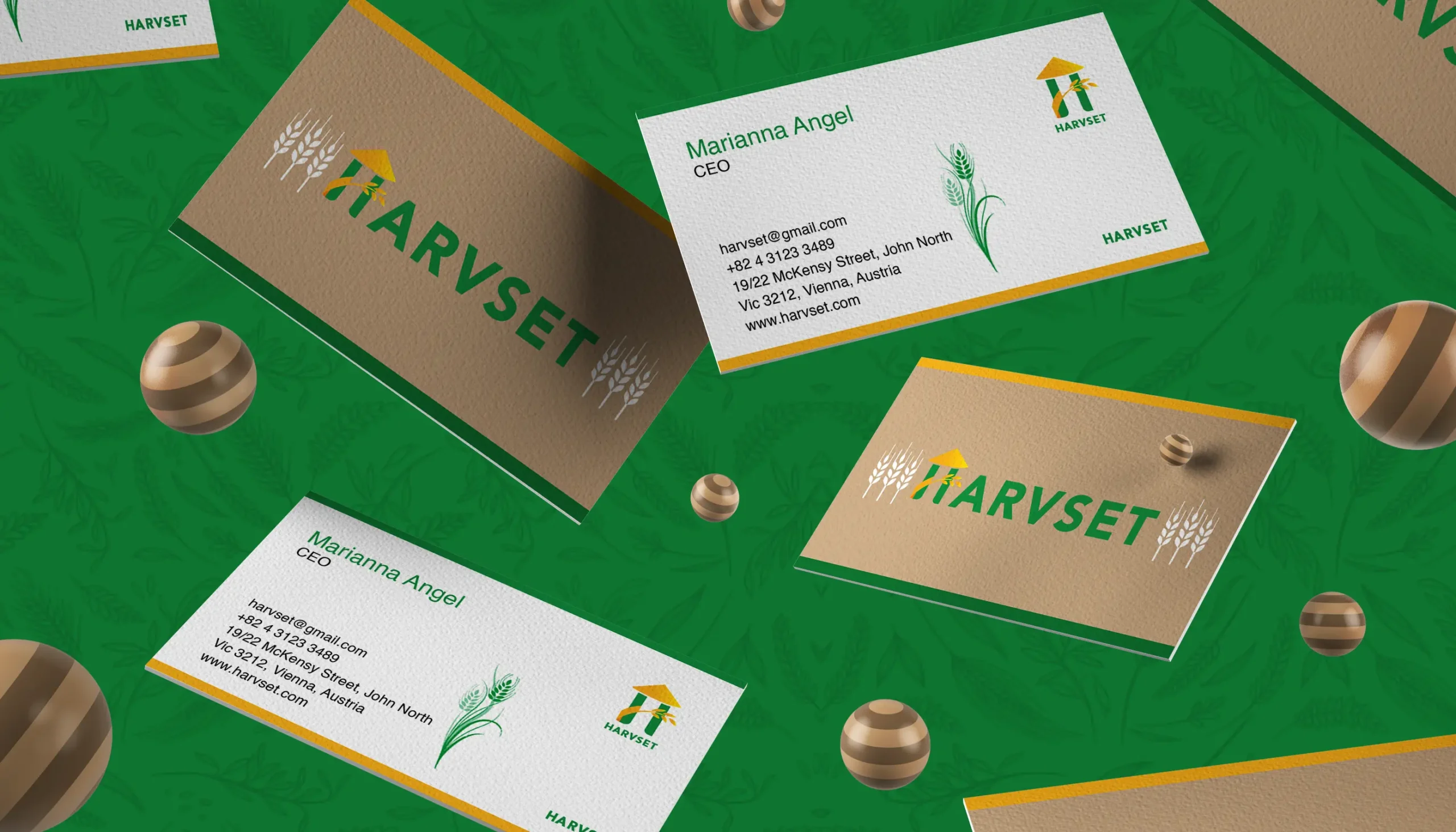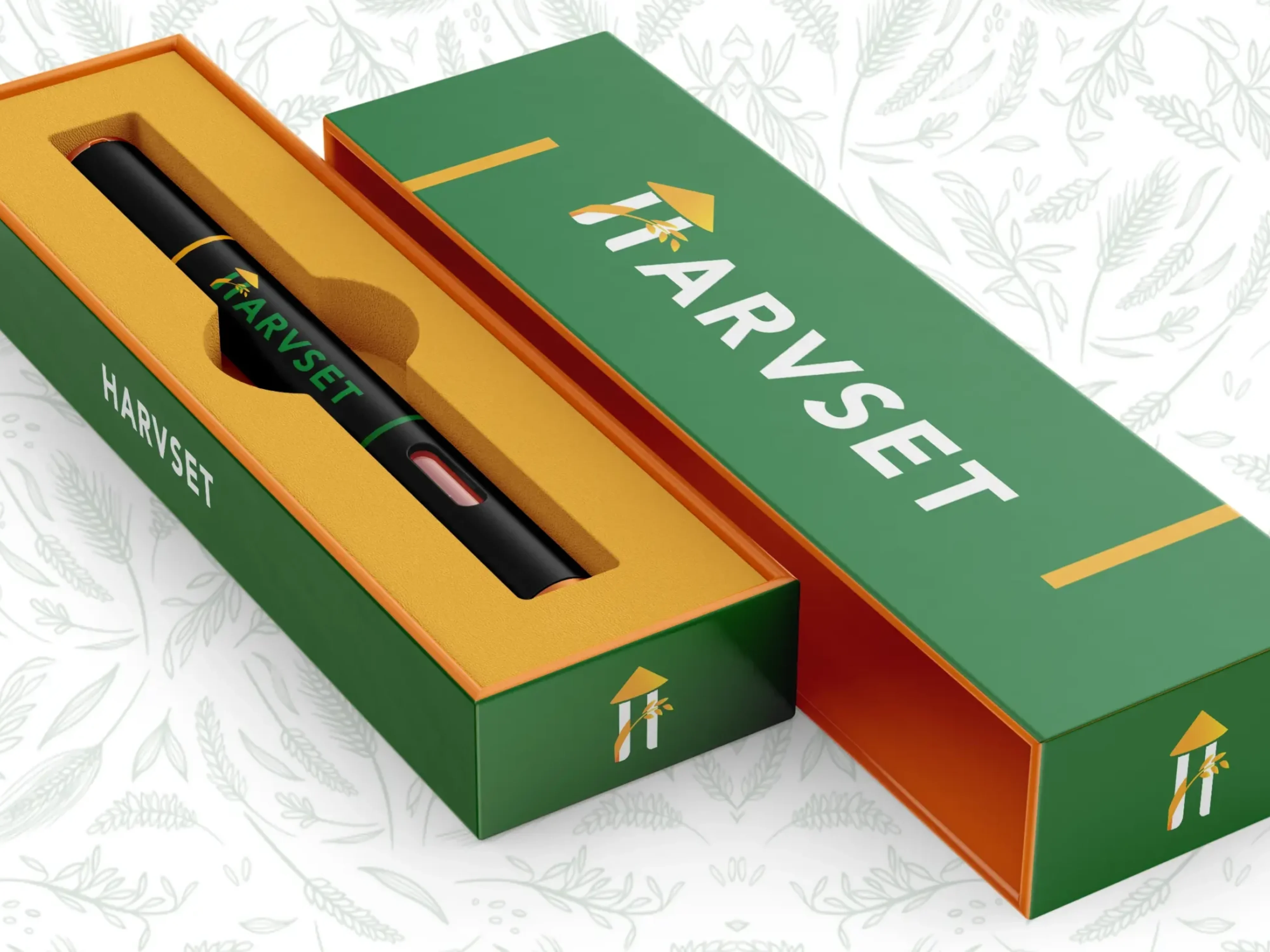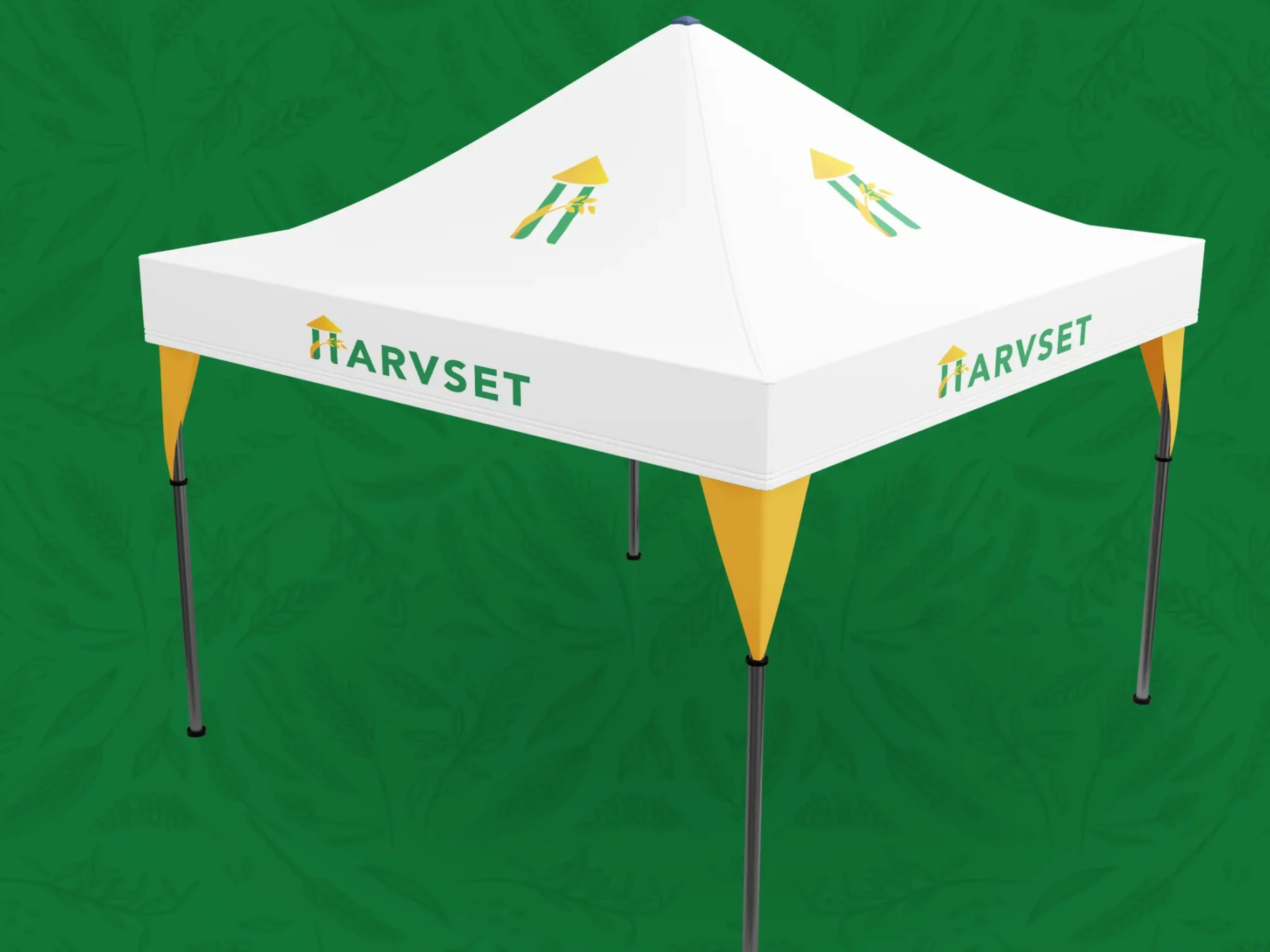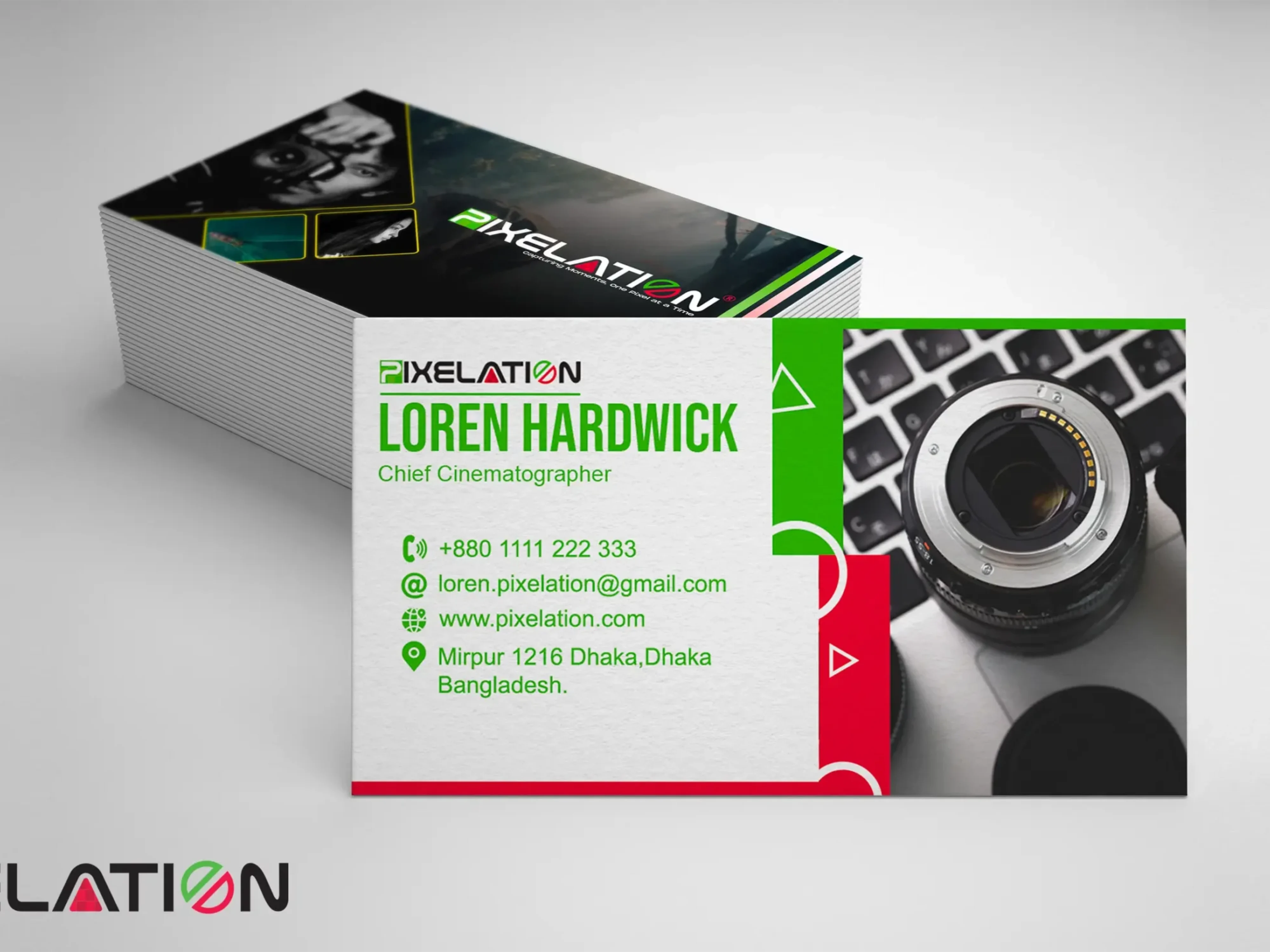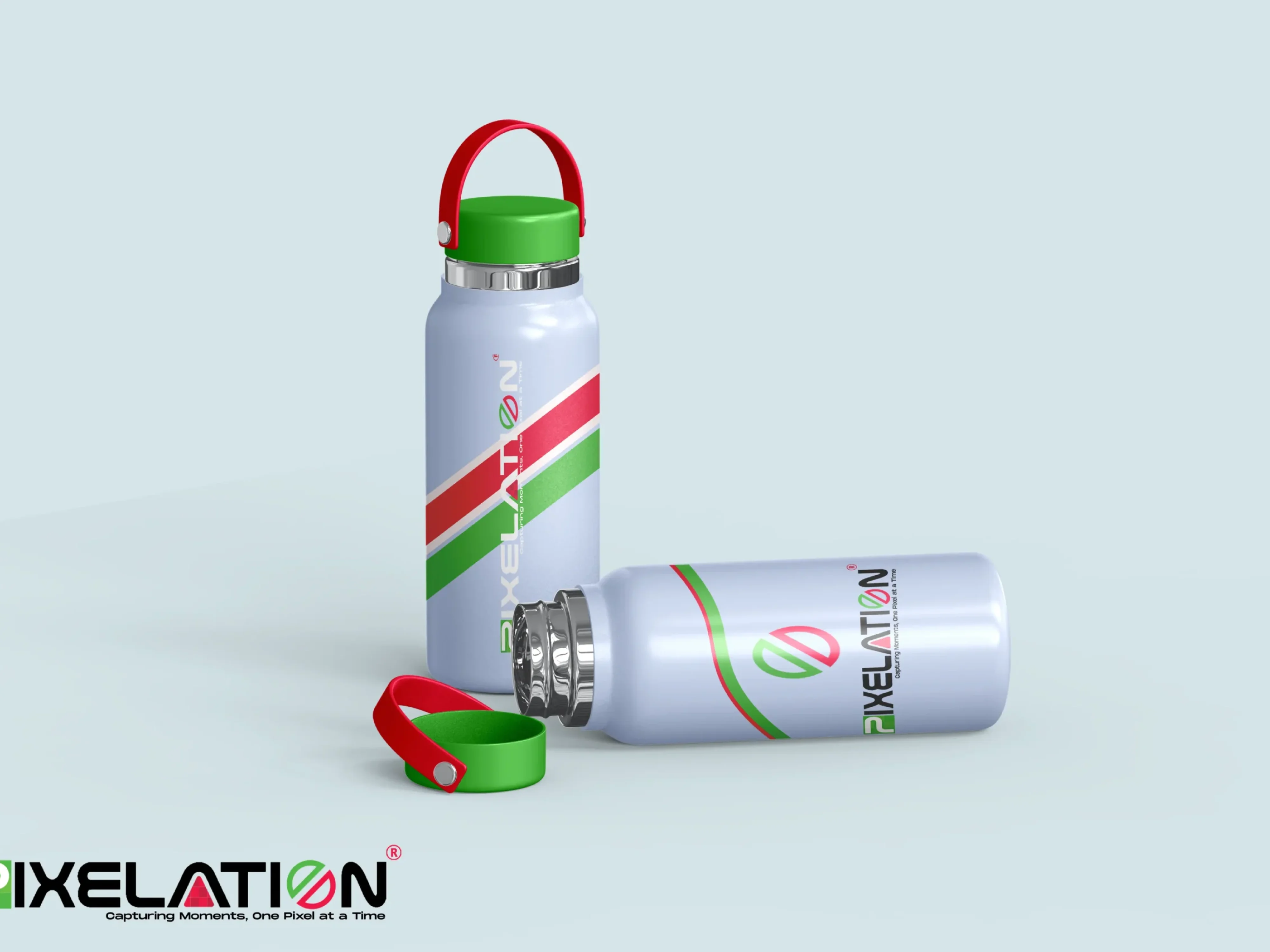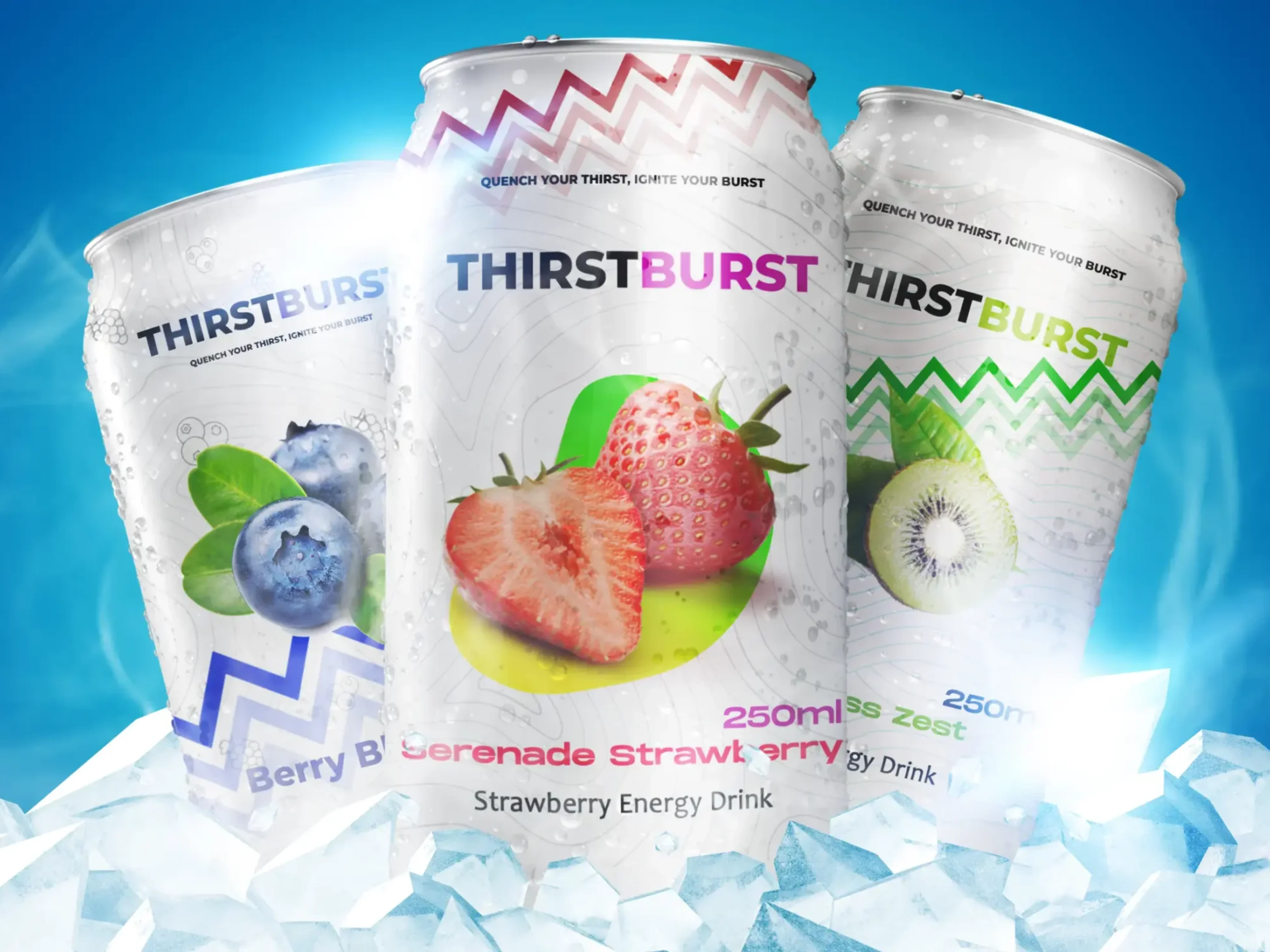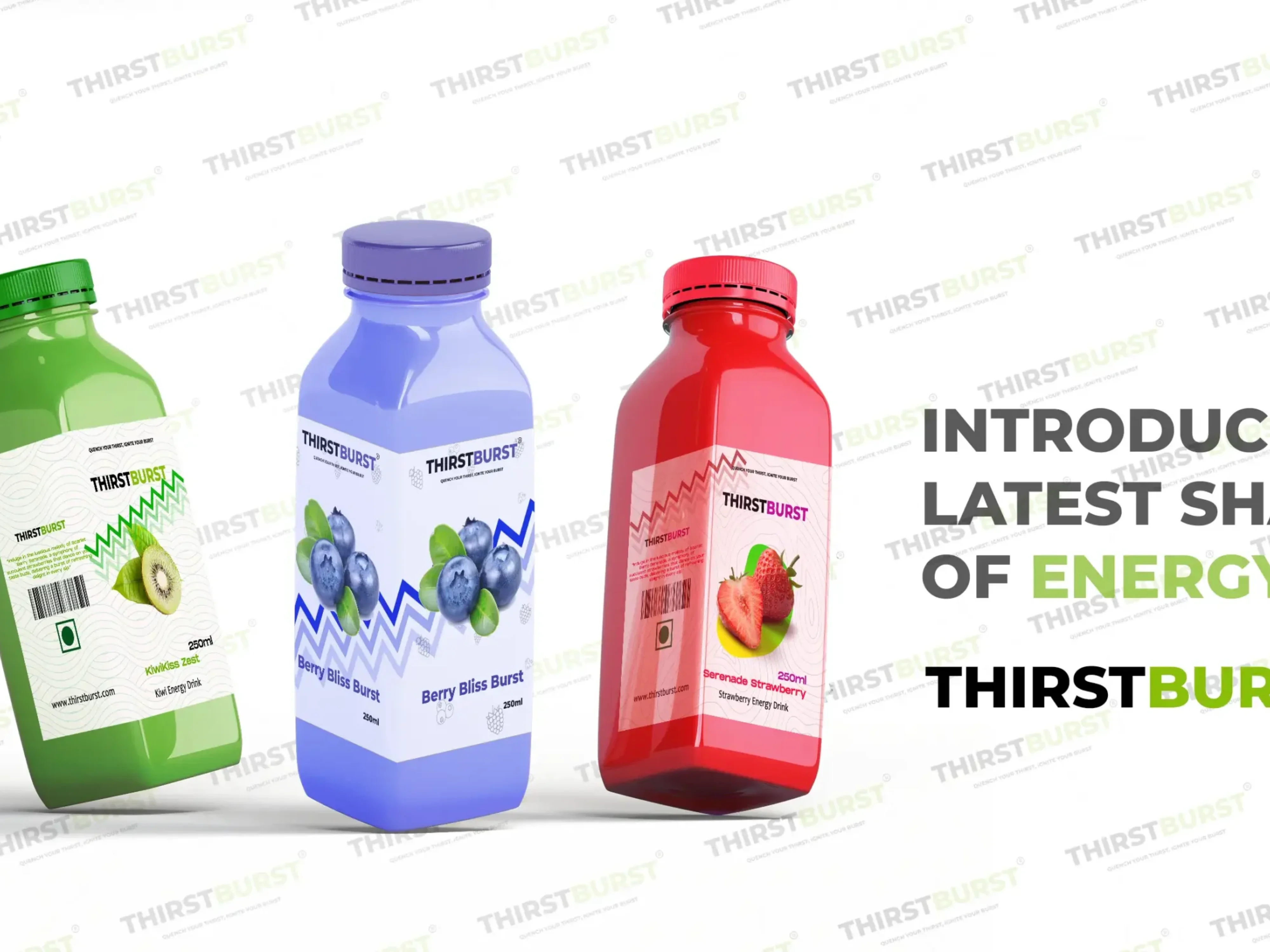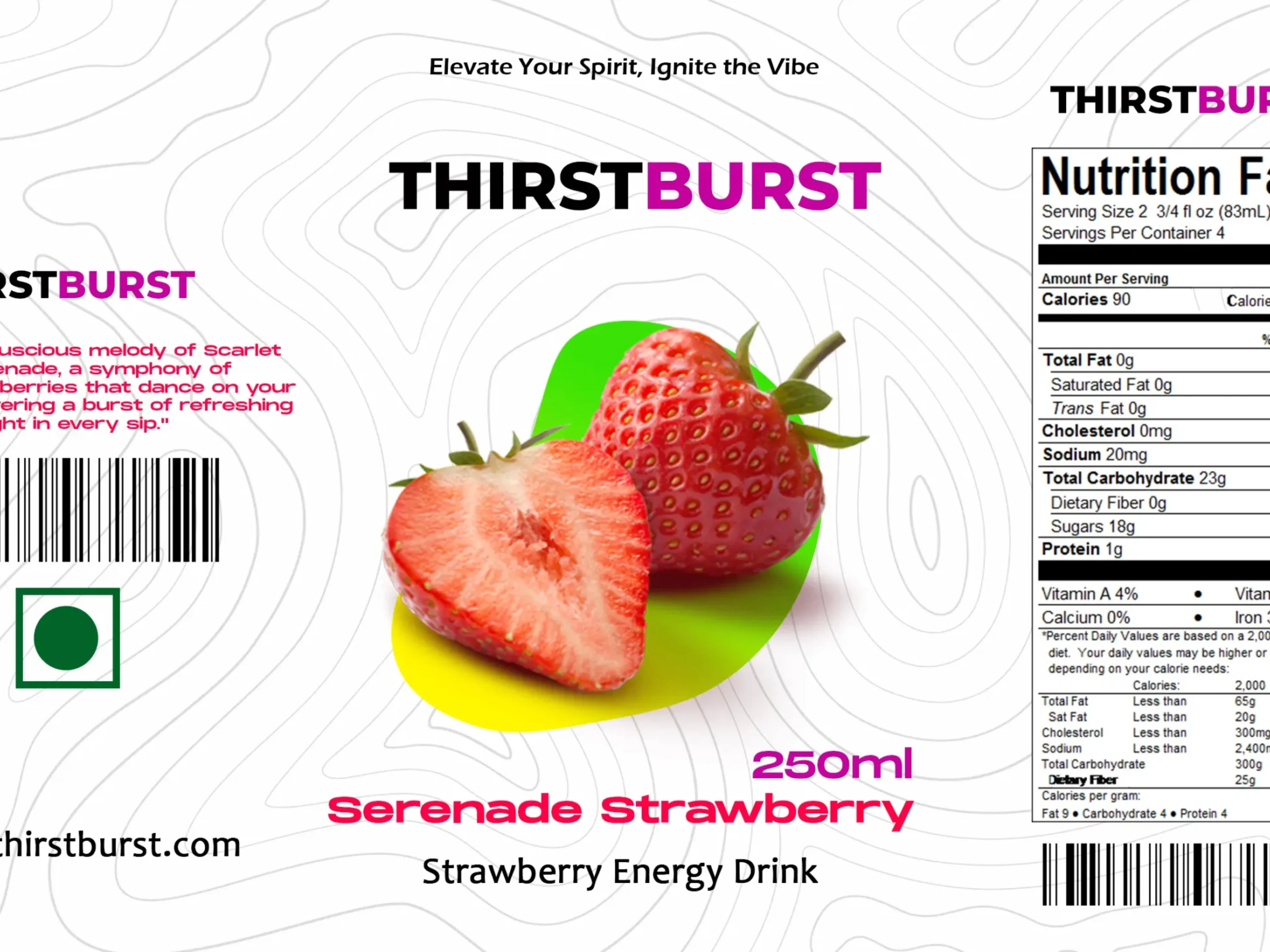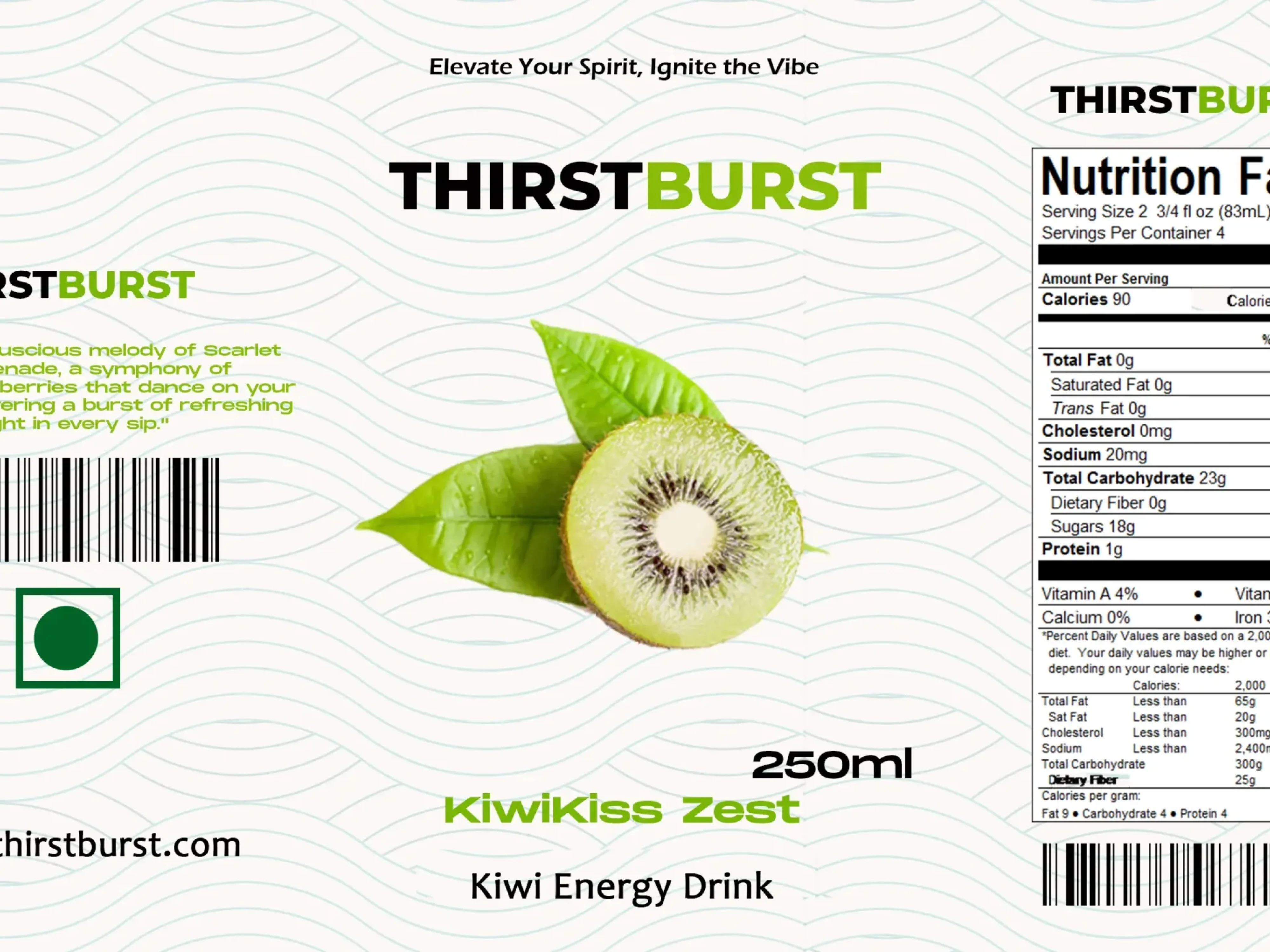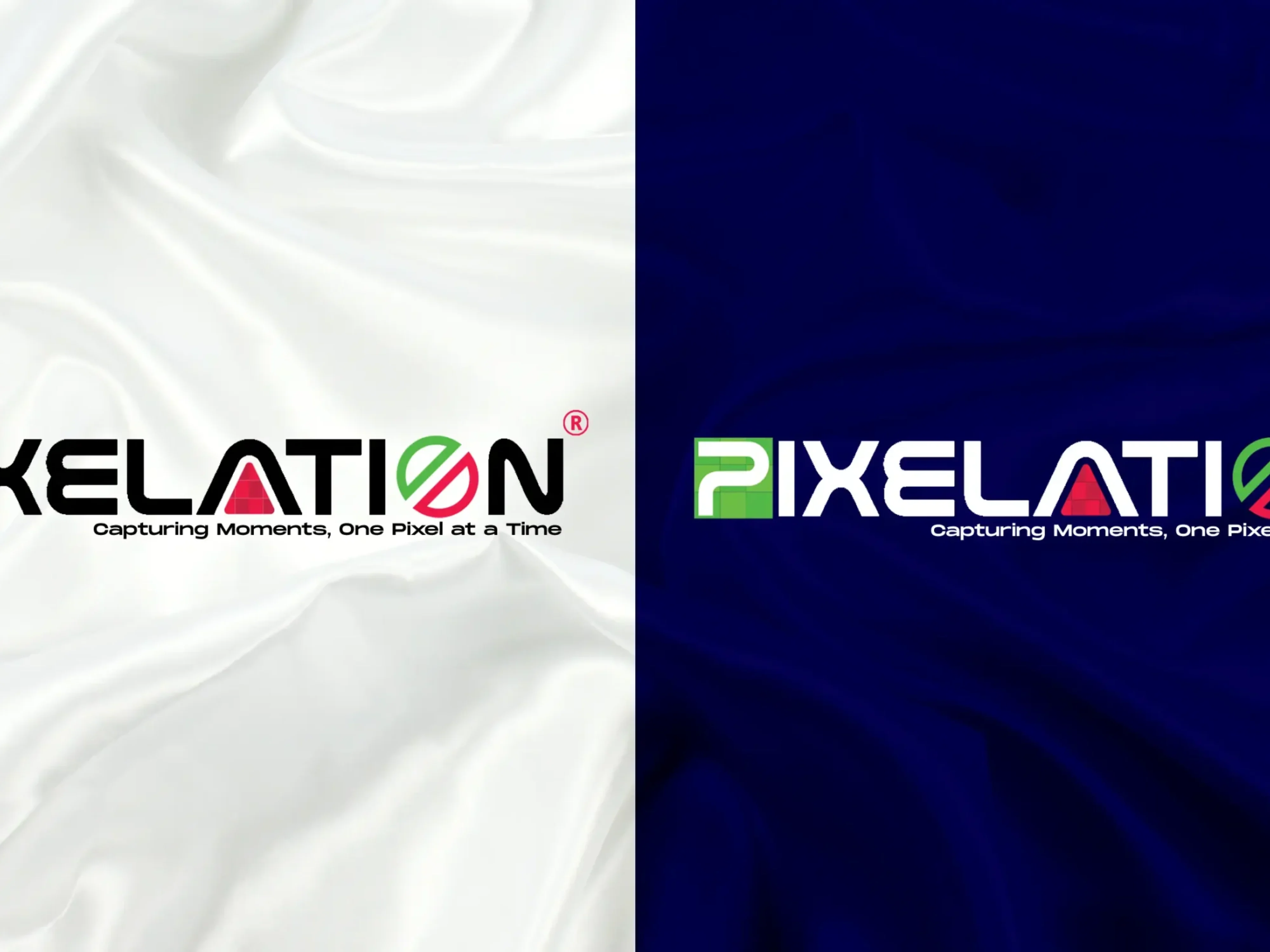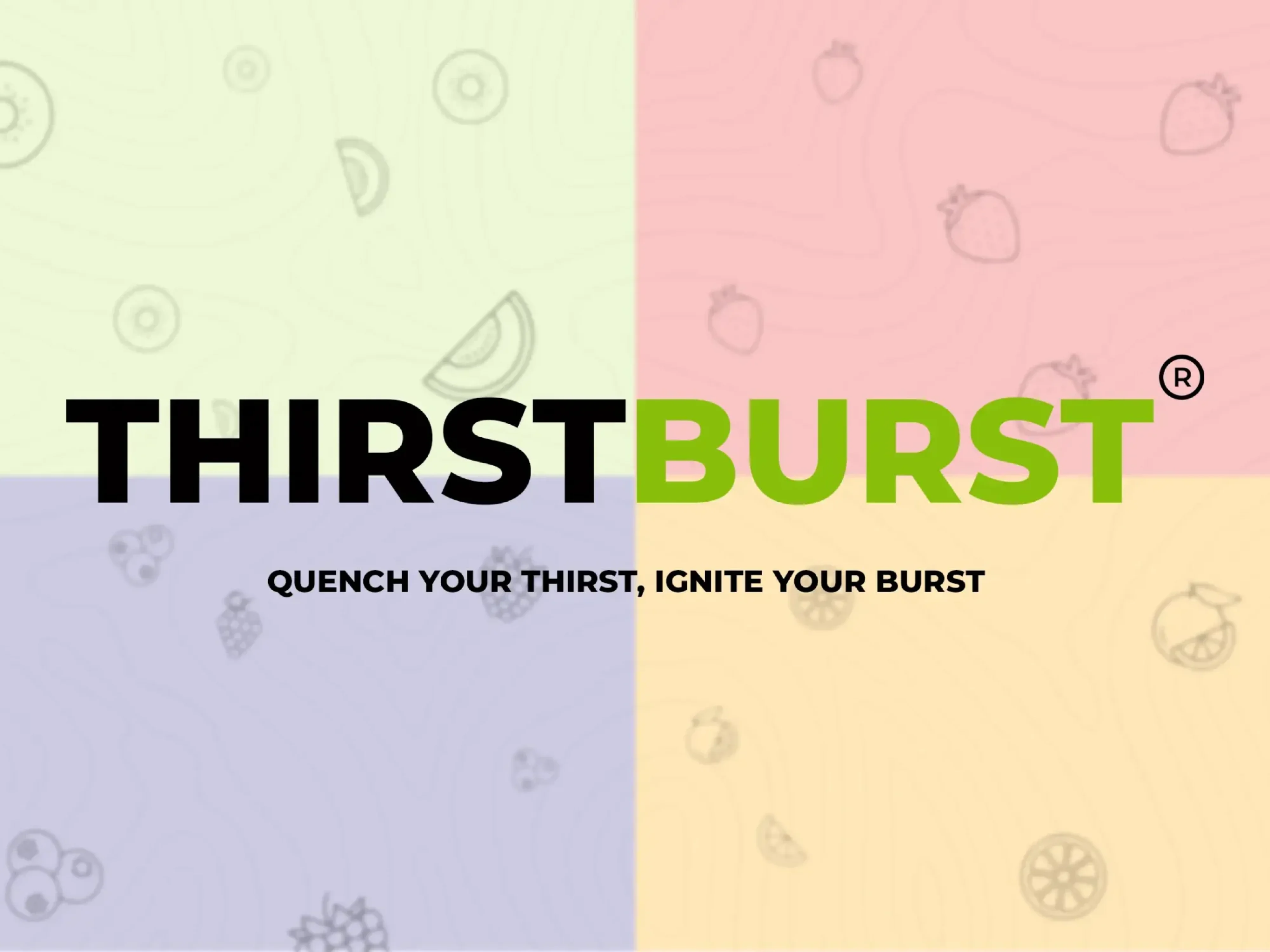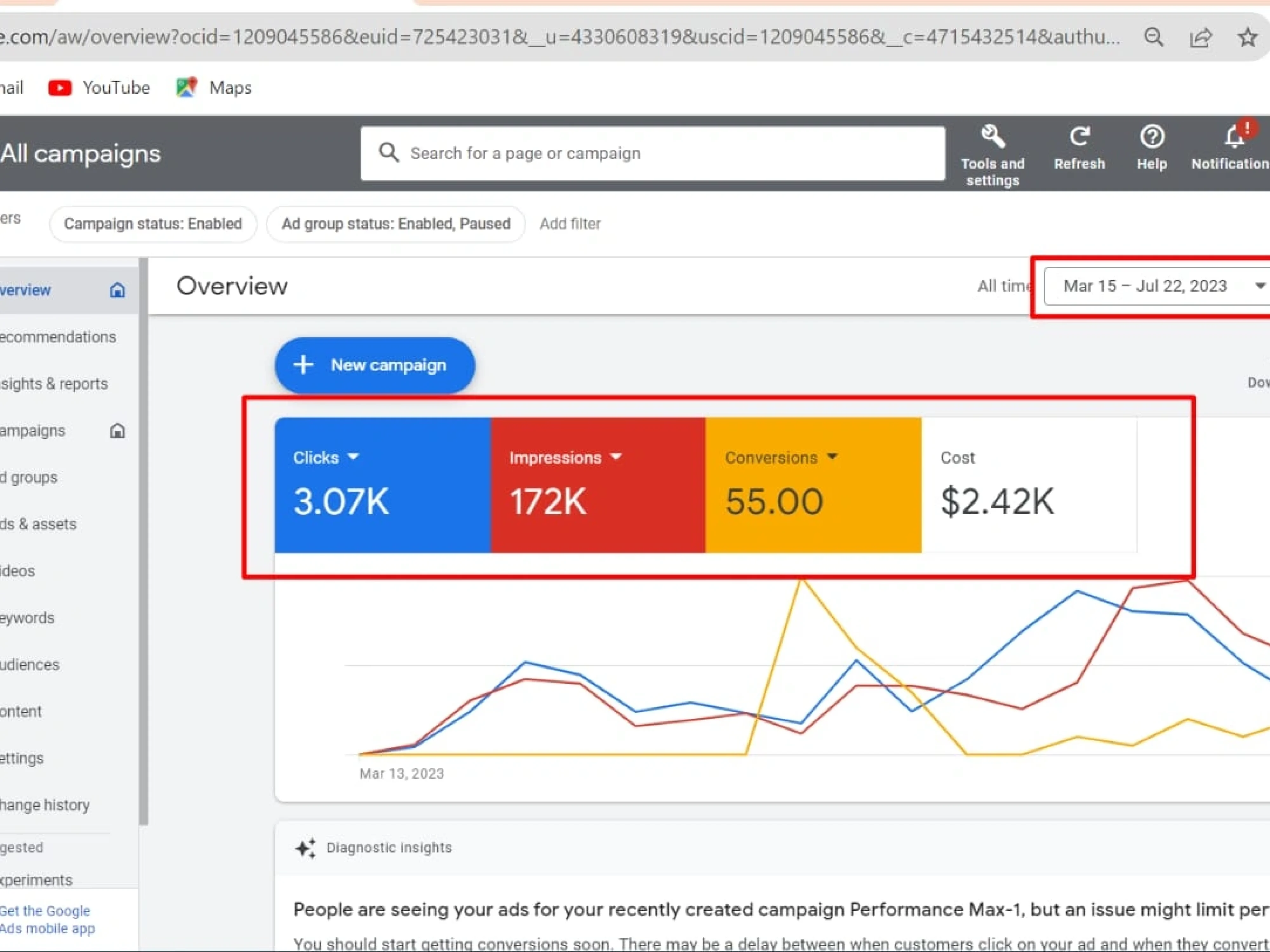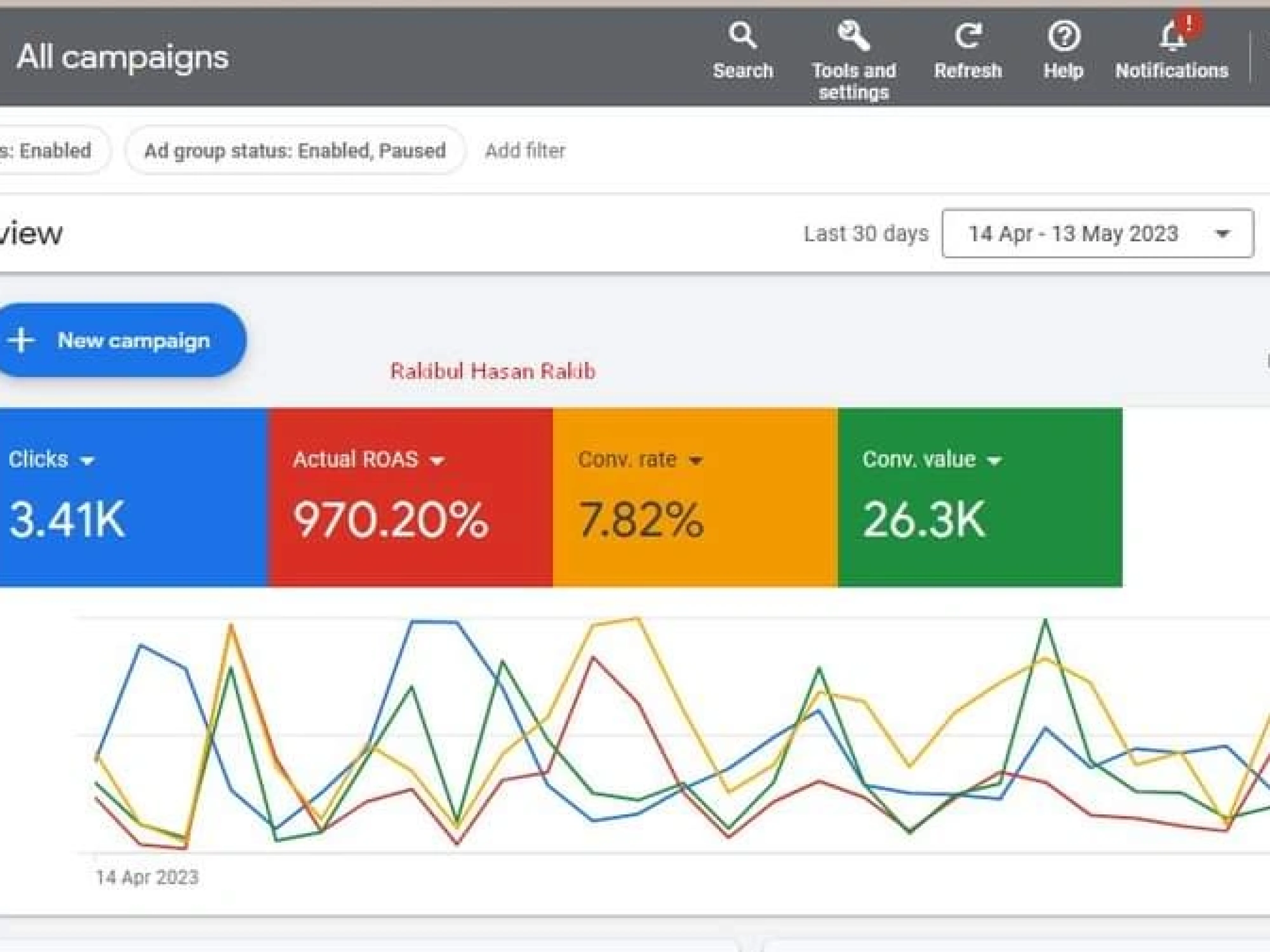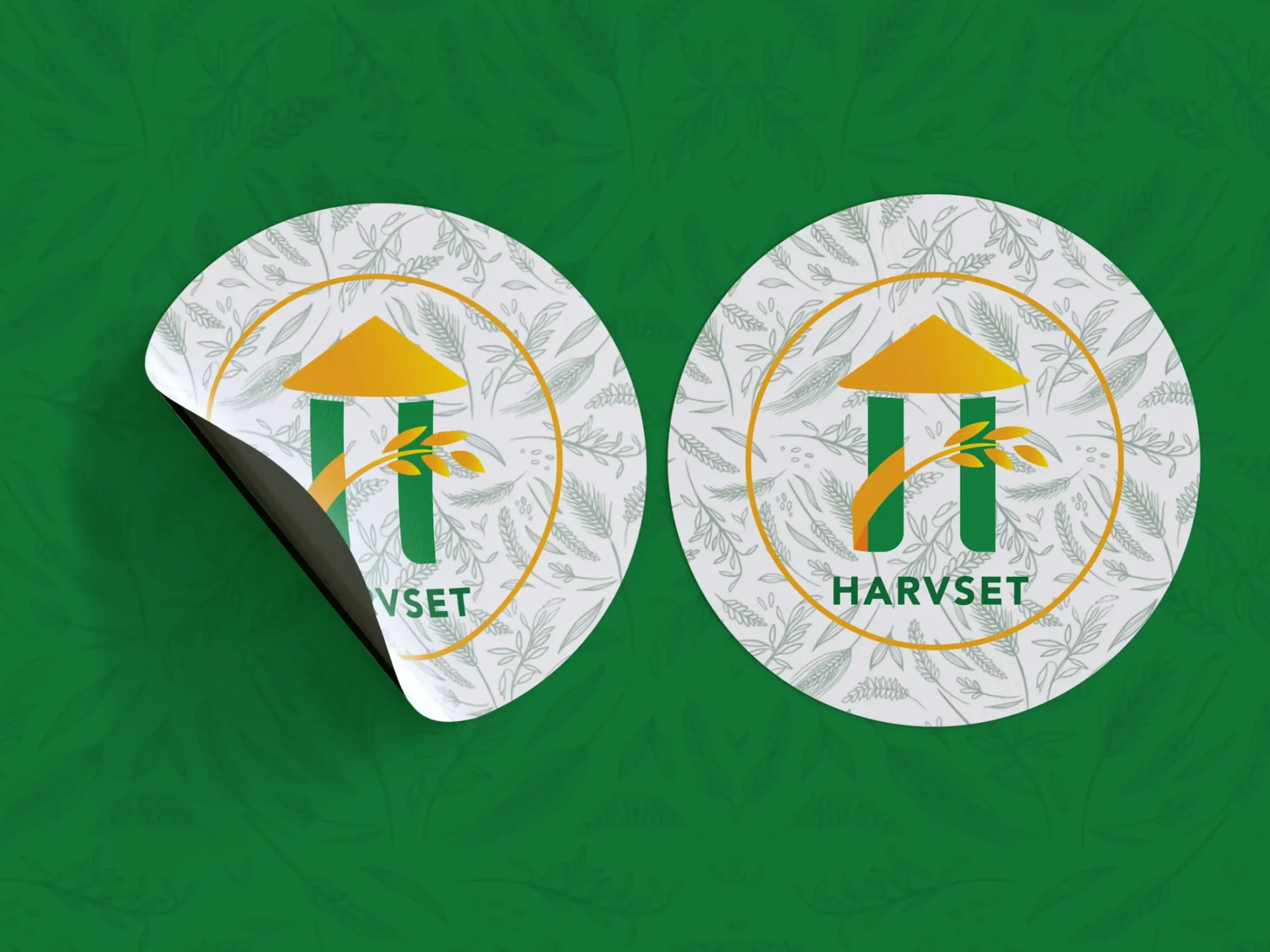Branding Solutions
We provide end-to-end Branding Solutions, including strategy, visual identity, messaging, and market research, ensuring your brand stands out, connects emotionally with your audience, and drives long-term loyalty
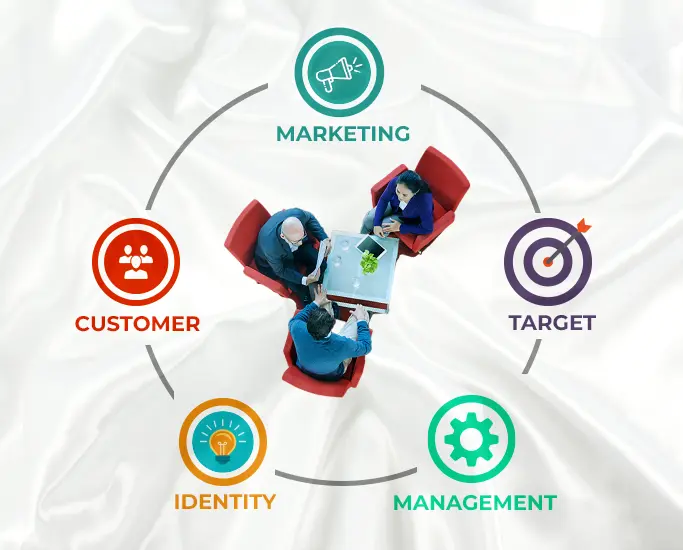
Brand Strategy Consulting
Brand Strategy Development is the blueprint for creating a unified vision that aligns all aspects of your business, from marketing and product development to design and customer engagement. It serves as a guide for your team, providing clear objectives and ensuring consistency in communication across platforms.
Our Brand Strategy Consulting services include:
- Brand Audit: Analyzing your current branding to identify strengths and weaknesses.
- Defining Your Brand: Articulating your vision, mission, and purpose.
- Brand Positioning: Establishing a unique place in the market.
- Target Audience Identification: Understanding who you serve.
- Competitor Analysis: Gaining insights to stand out.
- Visual Identity: Designing logos, colors, and themes that resonate with your audience.
- Implementation Plan: Providing strategies for marketing, social media, and internal alignment.
With a strong Branding Solutions strategy, your business achieves cohesion, drives collaboration, and connects deeply with your audience.
Designing Brand Identity
- Logos: Designing a unique emblem that embodies your brand’s essence.
- Color Palette: Choosing colors that resonate with your brand’s personality.
- Typography: Selecting fonts that align with your messaging.
- Taglines: Crafting memorable phrases that capture your values.
- Imagery and Icons: Using visuals and symbols to support recognition.
- Patterns and Textures: Adding depth to the brand aesthetic.
To ensure consistency, a Brand Style Guide is developed, detailing how these elements should be used across various applications like websites, packaging, brochures, and promotional materials, ensuring a cohesive identity at every touchpoint.

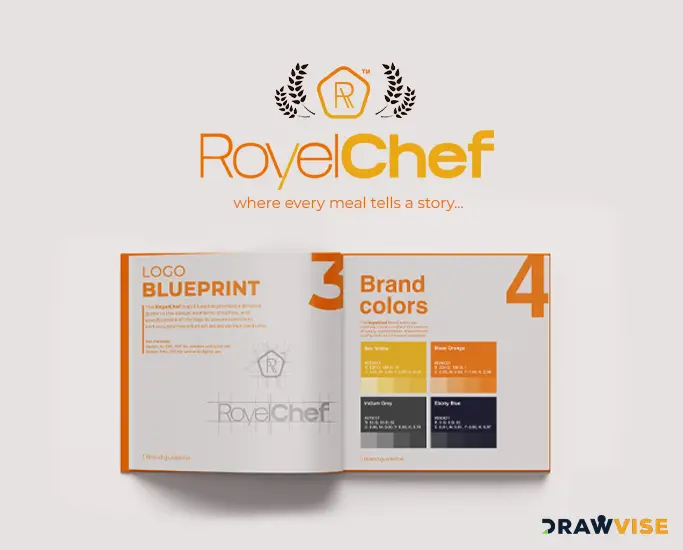
Brand Style Guideline
Brand Style Guidelines are essential for ensuring consistency and clarity in all aspects of a brand’s presentation. These guidelines establish a framework for maintaining a unified visual and verbal identity across all channels and materials. Key components include:
- Logo Usage: Specifies correct placement, sizing, and acceptable variations to maintain brand integrity.
- Color Palette: Defines the core and supporting colors for all brand applications, ensuring a consistent visual identity.
- Typography: Outlines the fonts and styles for headlines, body text, and other design elements, ensuring readability and consistency.
- Imagery & Icons: Provides direction on selecting images and icons that align with the brand’s tone and visual style.
- Brand Voice: Defines the communication style and tone, aligning with the brand’s core values and mission.
These Branding Solutions are the foundation for creating cohesive marketing materials—such as websites, blogs, and advertisements—that enhance brand recognition, build trust, and provide a seamless user experience across all touchpoints.
Brand Communication Mapping
Brand Communication Mapping services to ensure your brand’s message is effectively delivered and resonates with your target audience. Our tailored approach includes:
- Target Audience and Competitor Analysis: We help you identify and understand your audience’s needs while analyzing competitors to craft a standout strategy.
- Core Messaging Development: We create clear, compelling messaging that reflects your brand’s identity, mission, and unique value proposition.
- Brand Identity Toolkit: We provide a complete style guide with logos, color palettes, typography, and imagery guidelines to maintain consistency across all platforms.
- Channel and Touchpoint Strategy: We identify the most effective platforms and customer touchpoints to maximize engagement and brand impact.
- Performance Metrics and Evaluation: We establish measurable goals and track progress to refine your communication strategy for ongoing success.
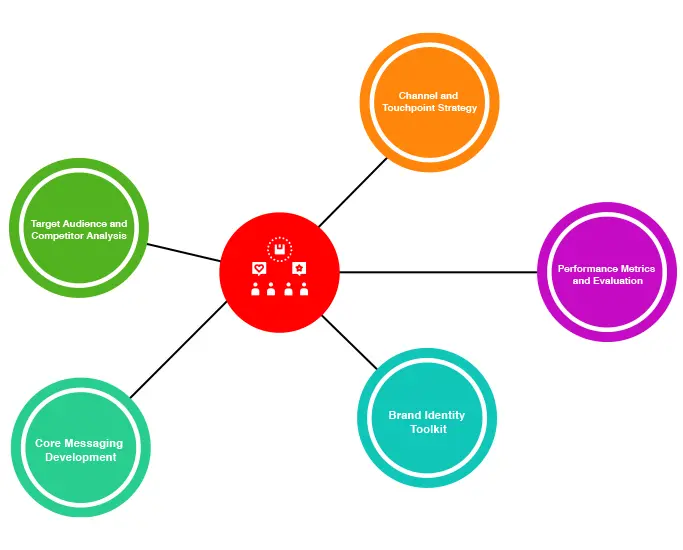
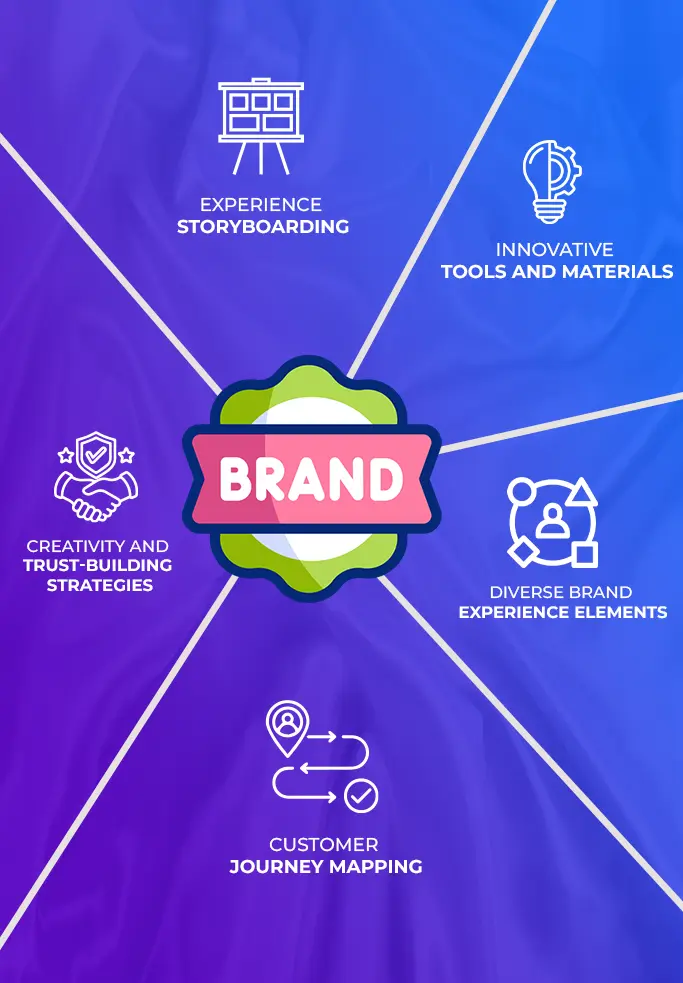
Brand Experience Design
Brand Experience Design, a strategic approach to crafting consistent and impactful impressions across all customer interactions. Our goal is to transform your audience’s encounters with your brand into memorable experiences that foster loyalty and admiration.
Process Design:
Experience Storyboarding:
- We visually map out the entire design process, illustrating each stage of your brand experience journey to ensure alignment and clarity.
- Storyboards help anticipate customer reactions and refine the experience to resonate emotionally.
Customer Journey Mapping:
- We chart every step of the customer’s interaction with your brand, identifying key touchpoints and optimizing them for maximum impact.
- This holistic view ensures a seamless and engaging customer experience.
Innovative Tools and Materials:
- From virtual interfaces to real-world environments like pop-up shops, we utilize cutting-edge tools and materials to bring your brand to life.
- Our designs focus on tactile, visual, and interactive elements to engage customers on multiple sensory levels.
Diverse Brand Experience Elements:
- We create compelling visual, audio, multimedia, interactive, and motion design components to captivate your audience.
- Each element is crafted to reflect your brand’s values and story while evoking positive emotions and memories.
Creativity and Trust-Building Strategies:
- Our approach blends innovation with authenticity to build trust and leave a lasting impression.
- By prioritizing emotional connections, we turn one-time interactions into long-term relationships.
Brand Development
Key Steps in Brand Development:
- Define Your Brand Identity
- Clarify your mission, vision, and core values.
- Establish what makes your brand unique and meaningful to customers.
- Understand Your Target Audience
- Conduct in-depth market research to know your customers’ preferences, needs, and behaviors.
- Use this insight to shape your brand’s messaging and strategy.
- Develop a Unique Value Proposition (UVP)
- Highlight the key benefits and differentiators your brand offers.
- Ensure your UVP answers why customers should choose you over competitors.
- Create a Consistent Brand Voice and Messaging
- Establish a tone that reflects your brand personality, whether it’s professional, friendly, or bold.
- Use consistent messaging across all communication channels to build trust and recognition.
- Design a Memorable Visual Identity
- Craft a professional logo, choose a cohesive color palette, and select fonts that align with your brand’s personality.
- Develop a visual language that is easy to recognize and resonates with your audience.
- Build a Strong Online Presence
- Create a user-friendly website that reflects your brand identity.
- Engage customers through social media, email campaigns, and digital marketing efforts.
At Drawvise, we help businesses navigate the complexities of brand development, ensuring their identity is impactful, aligned, and ready for long-term success. Let’s work together to bring your brand vision to life
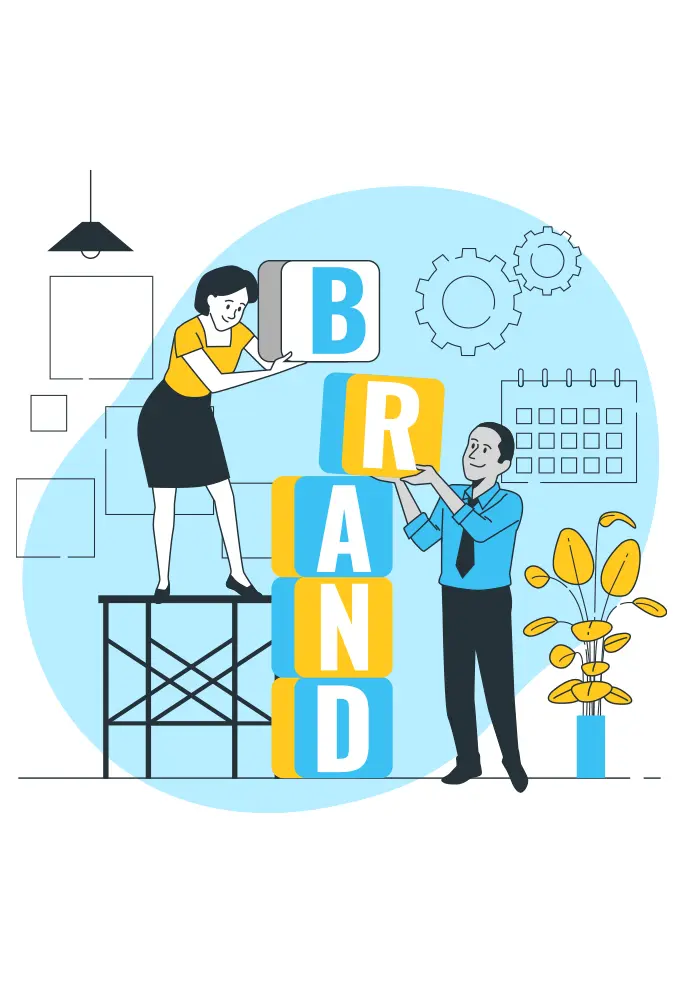
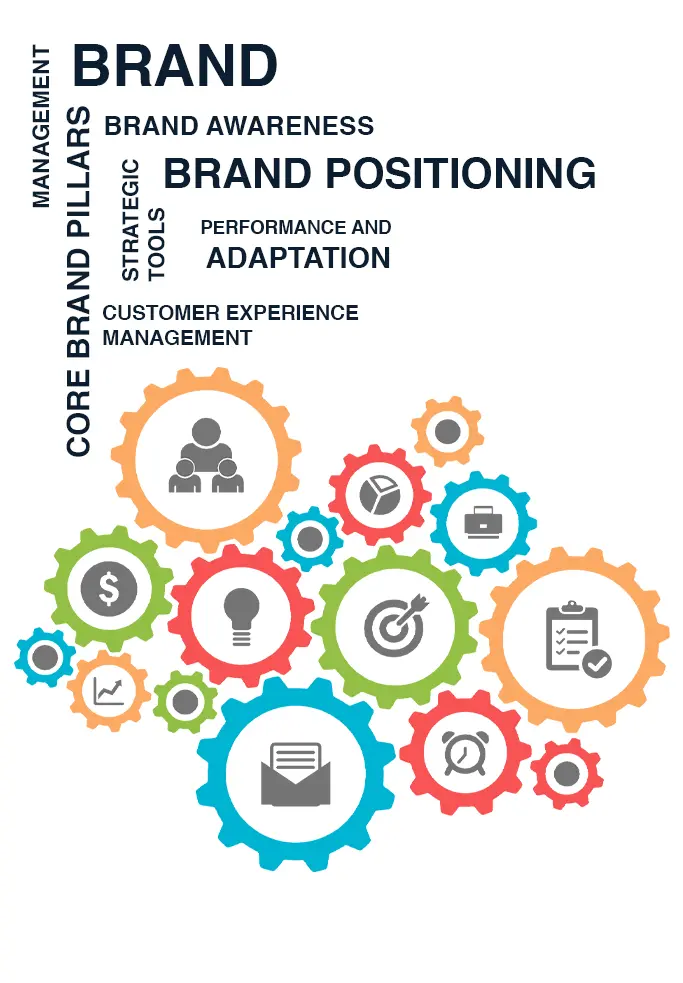
Brand Management
Brand Management is the strategic process of building, maintaining, and enhancing the value and reputation of a brand over time. It involves creating a meaningful connection between the brand and its audience through consistent messaging, visuals, and experiences that reflect the brand’s values and objectives. A strong brand management strategy ensures long-term customer loyalty, increases market recognition, and drives business growth.
Key Components:
- Brand Awareness
- Understanding and improving the four levels of awareness: recognition, recall, top-of-mind, and preference.
- Tailoring strategies to target consumers at each stage of their journey.
- Core Brand Pillars
- Vision: Defining where the brand aims to go.
- Values: Establishing principles that guide the brand’s decisions and actions.
- Voice: Crafting a tone that resonates with the audience.
- Visuals: Creating a cohesive visual identity, including logo, color palettes, and typography.
- Strategic Tools
- Brand Strategy Documents: Outlining goals, audience insights, and competitive positioning.
- Brand Guidelines: Providing a blueprint for maintaining consistency in design and communication.
- Messaging Frameworks: Crafting compelling narratives that connect with audiences emotionally.
- Brand Positioning
- Developing unique value propositions that differentiate your brand in a crowded market.
- Aligning messaging with consumer needs and competitive insights.
- Customer Experience Management
- Mapping the customer journey to deliver exceptional interactions at every touchpoint.
- Creating memorable experiences that leave a lasting impression.
- Performance and Adaptation
- Regularly tracking brand performance through analytics dashboards, surveys, and feedback tools.
- Adapting strategies based on insights from competitive analysis and market research.
Effective Branding Solutions isn’t a one-time task—it’s a continuous journey of refining your identity, monitoring performance, and adapting to market dynamics. At Drawvise, we help businesses build strong, lasting brands that resonate and thrive.
Market Research and Consumer Insights
Market Research
Market research involves collecting and analyzing data to answer critical business questions about the market or industry. This process uses both quantitative and qualitative data to uncover trends, demands, gaps, and opportunities. Key elements of market research include:- Demographics: Understanding age, gender, income, and other audience traits.
- Market Trends: Identifying current and emerging patterns in consumer behavior.
- Demand Analysis: Measuring interest in specific products or services.
- Competitor Analysis: Evaluating market position and strategies of competitors.
Consumer Insights
Consumer insights go a step further by analyzing the “why” behind customer actions and preferences. Using data from market research, businesses can explore customer-specific details such as:- Customer experiences and opinions about products or services.
- Unmet needs and pain points influencing purchasing decisions.
- Behavior patterns and preferences that guide their choices.
Methods for Gathering Insights
- Surveys: Collect direct feedback on preferences, satisfaction, and opinions.
- Interviews: Gain deeper understanding through personal conversations.
- Focus Groups: Gather diverse opinions in a guided discussion setting.
- Feedback Pop-ups: Real-time collection of user opinions on websites or apps.
- Competitor Analysis: Identify what’s working for others in the market.
- Product/Service Use Research: Observe how customers interact with your offerings.
Market research and consumer insights are not just about collecting data—they’re about turning information into actionable strategies that drive success. By staying focused on clear goals and leveraging the right tools, businesses can unlock their full potential in today’s competitive market.
